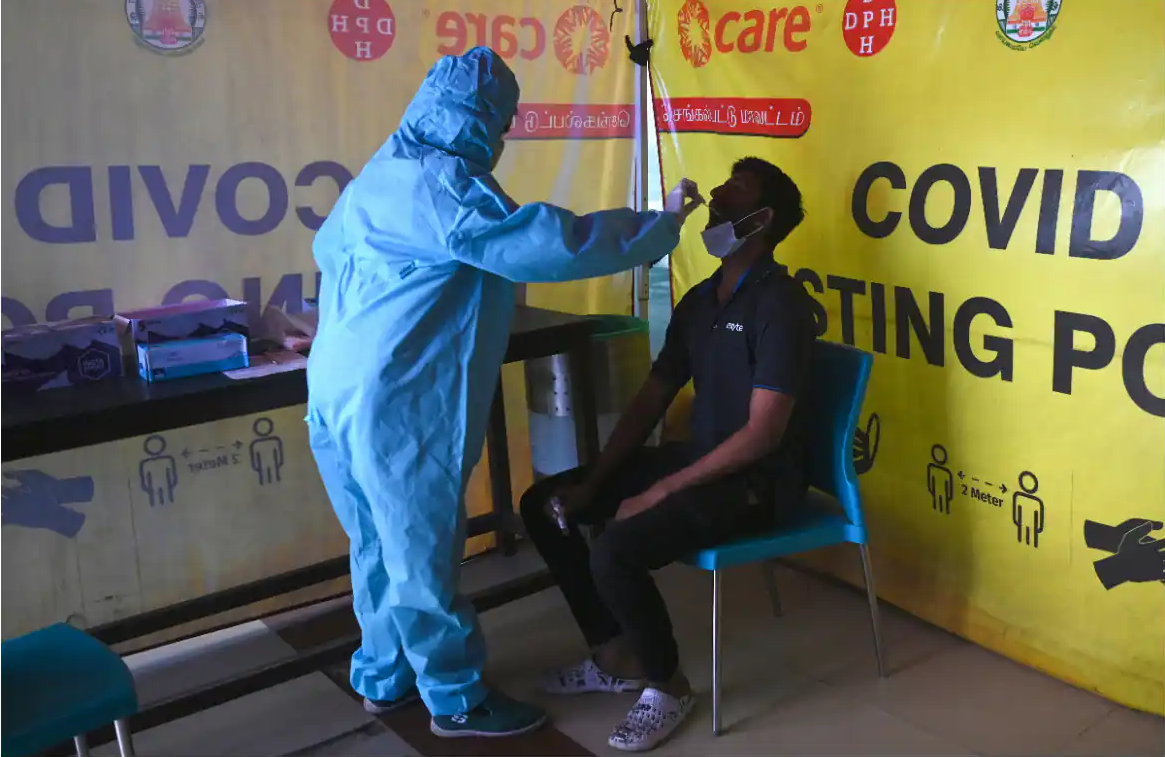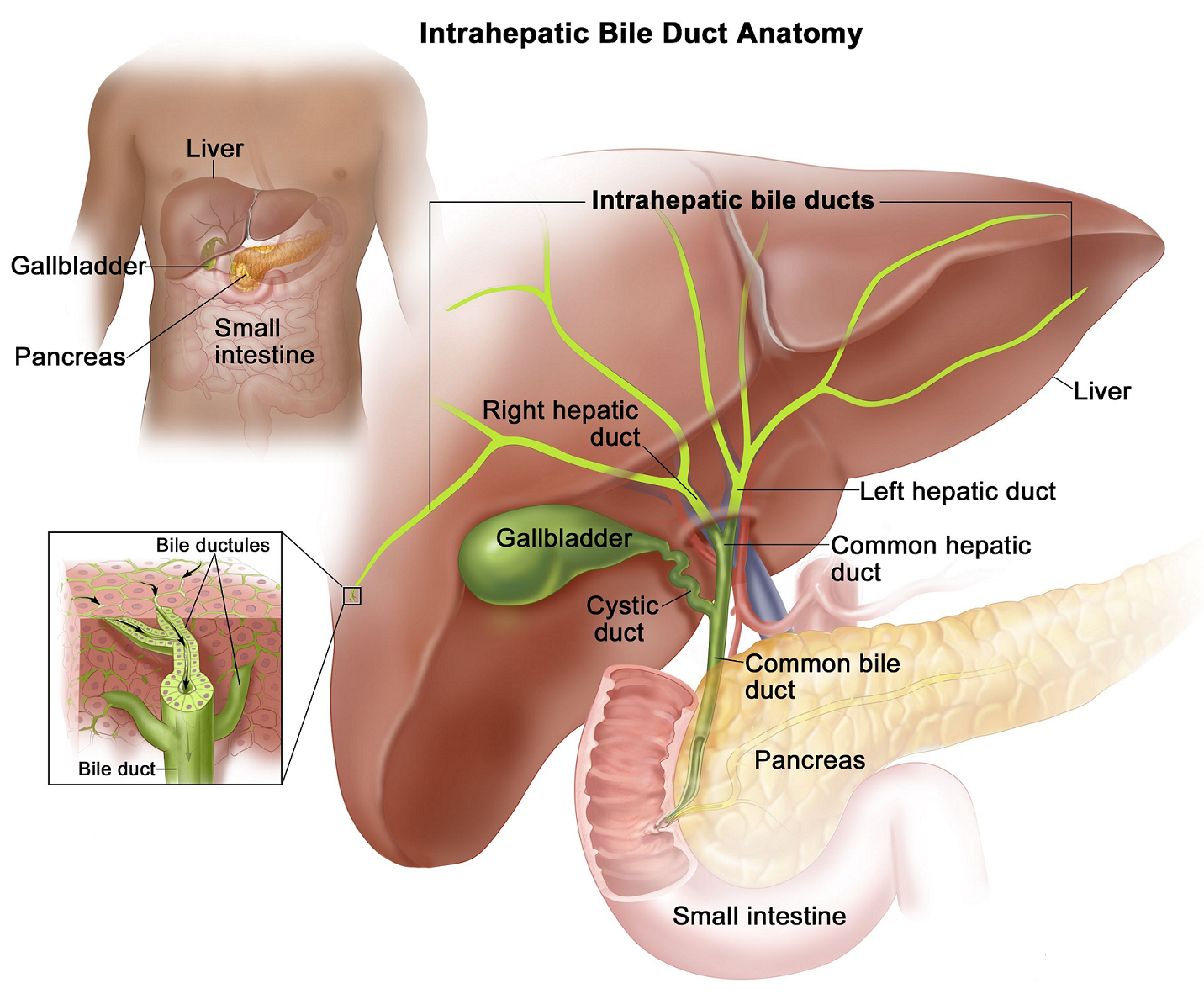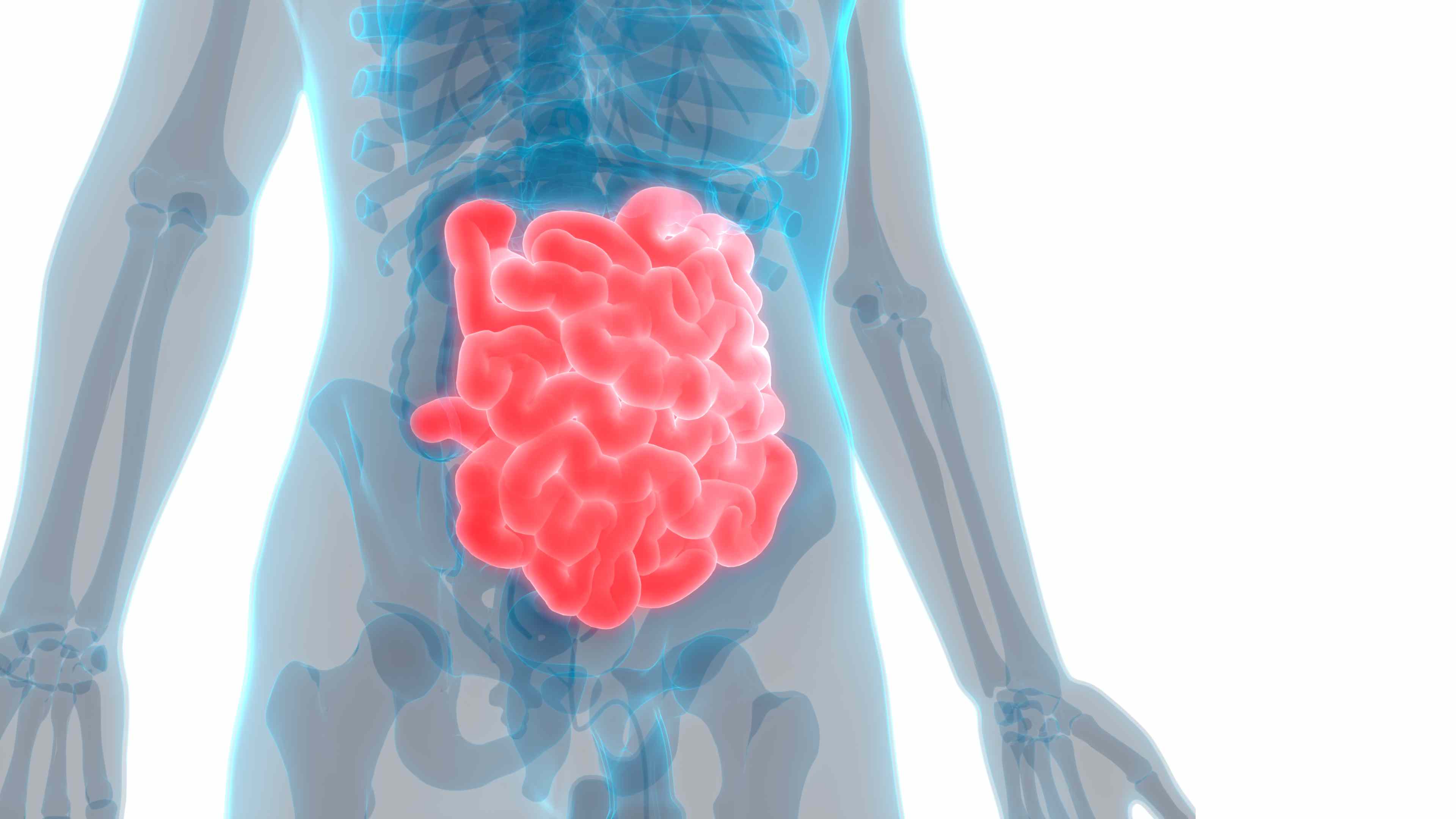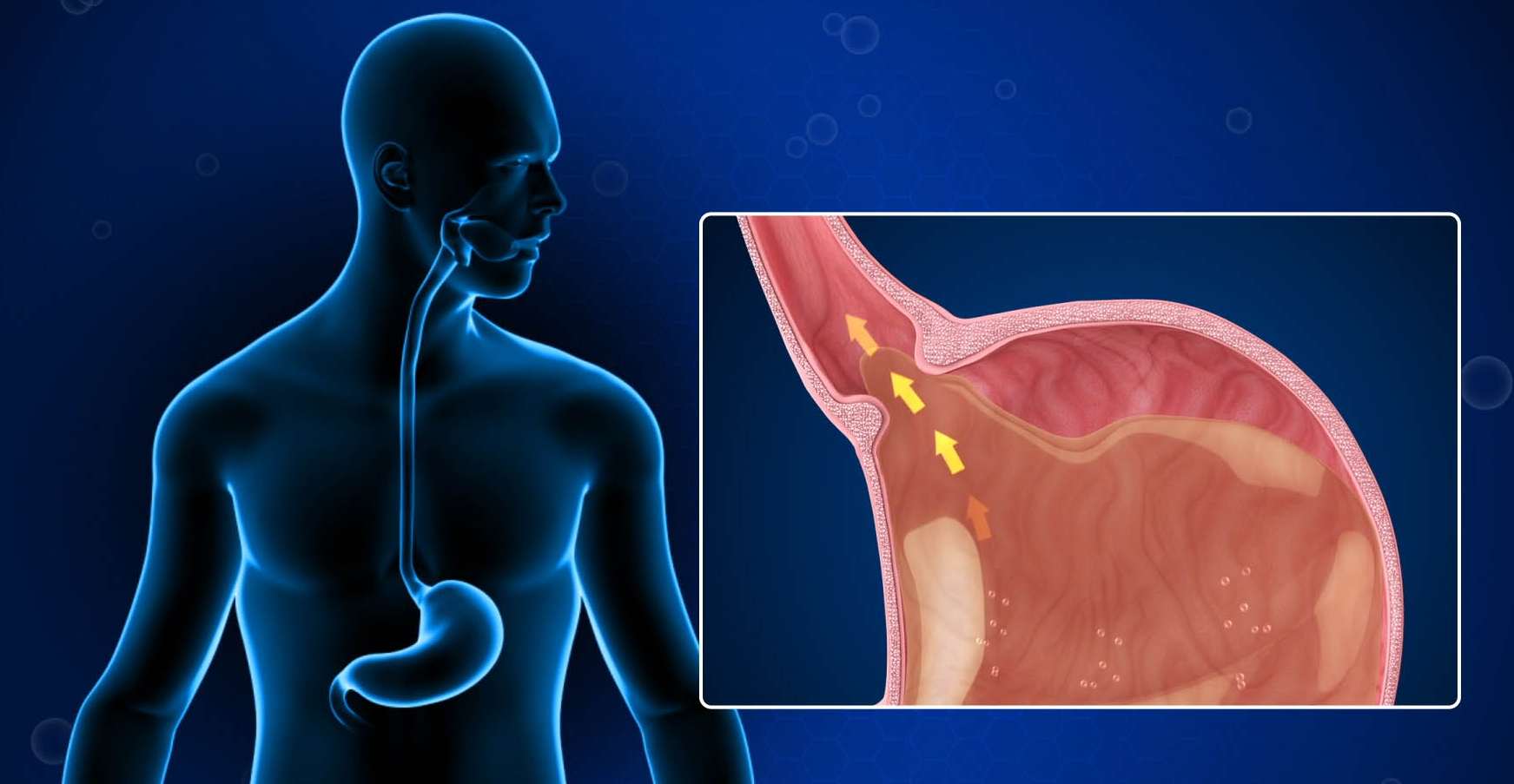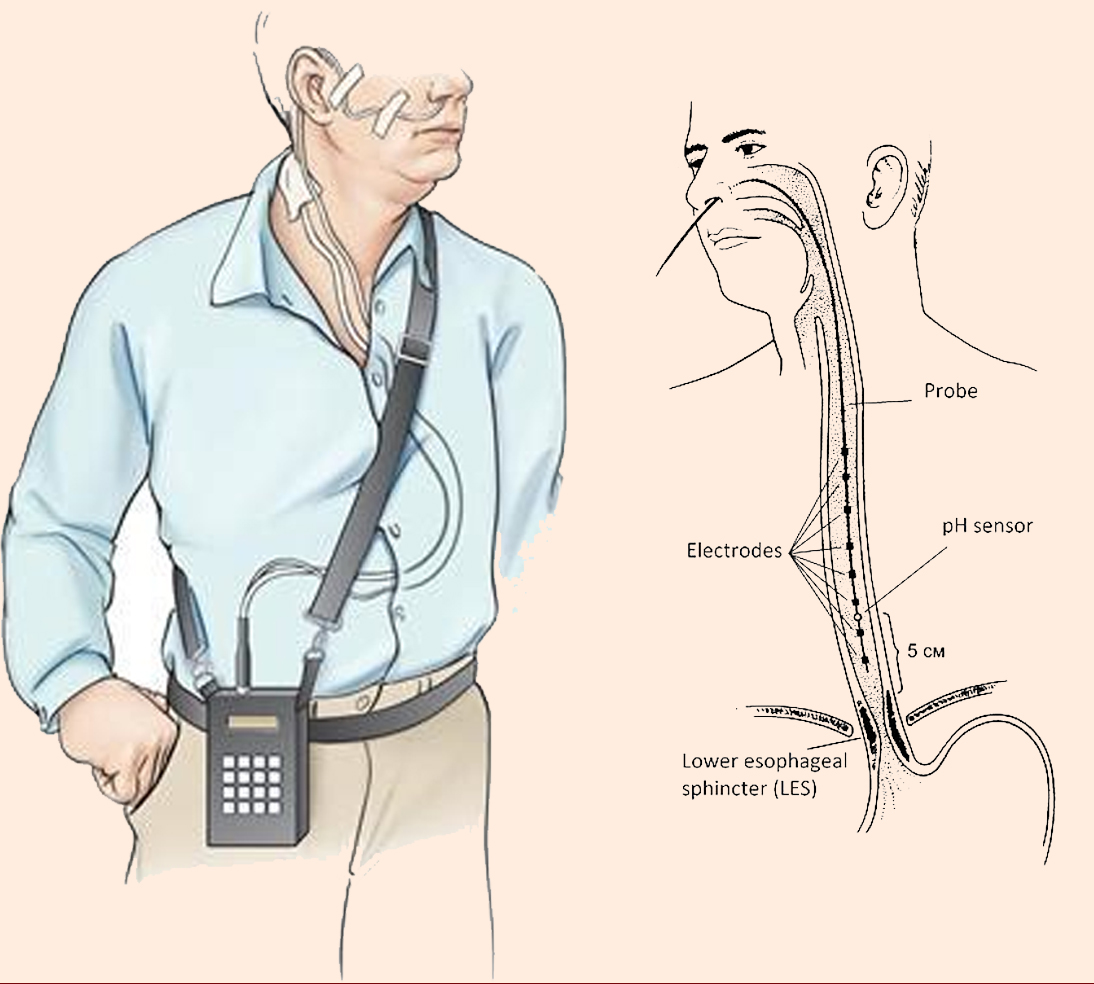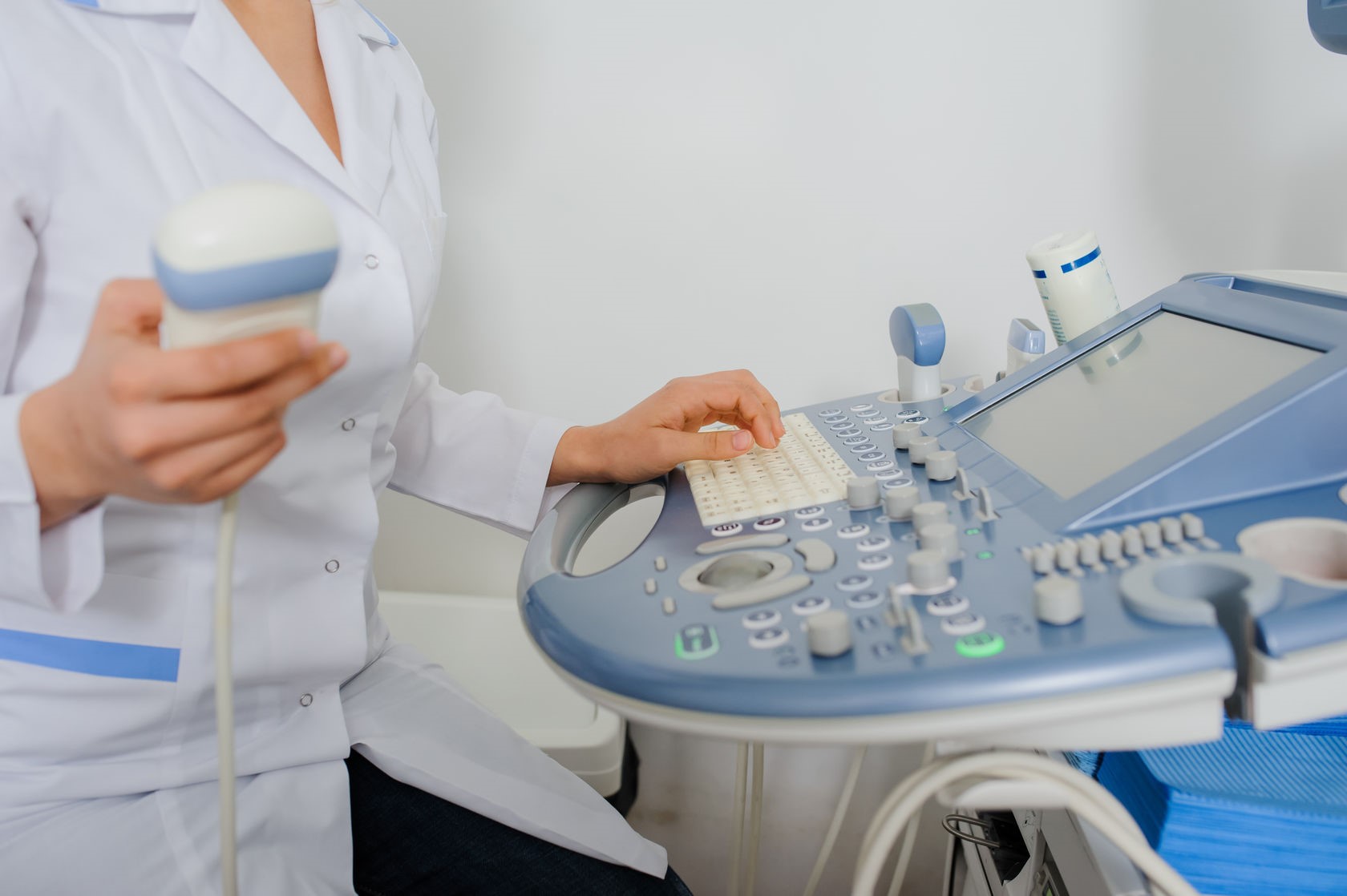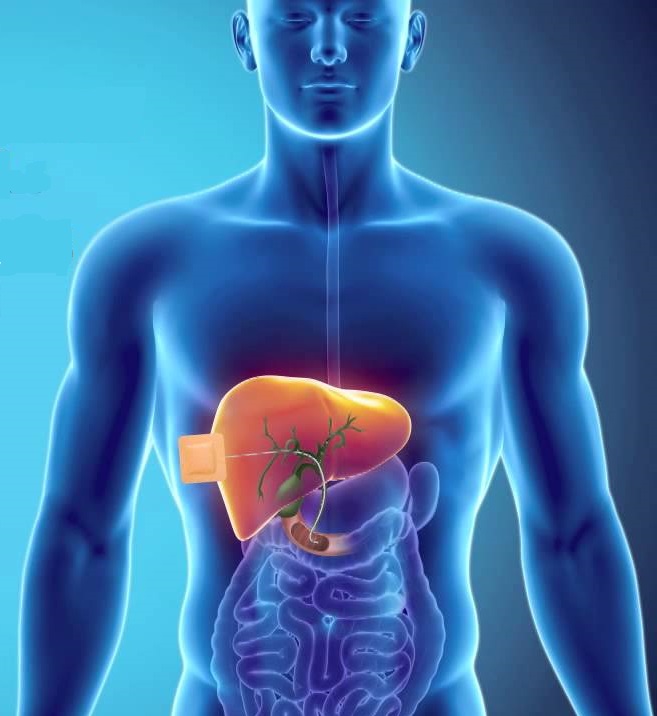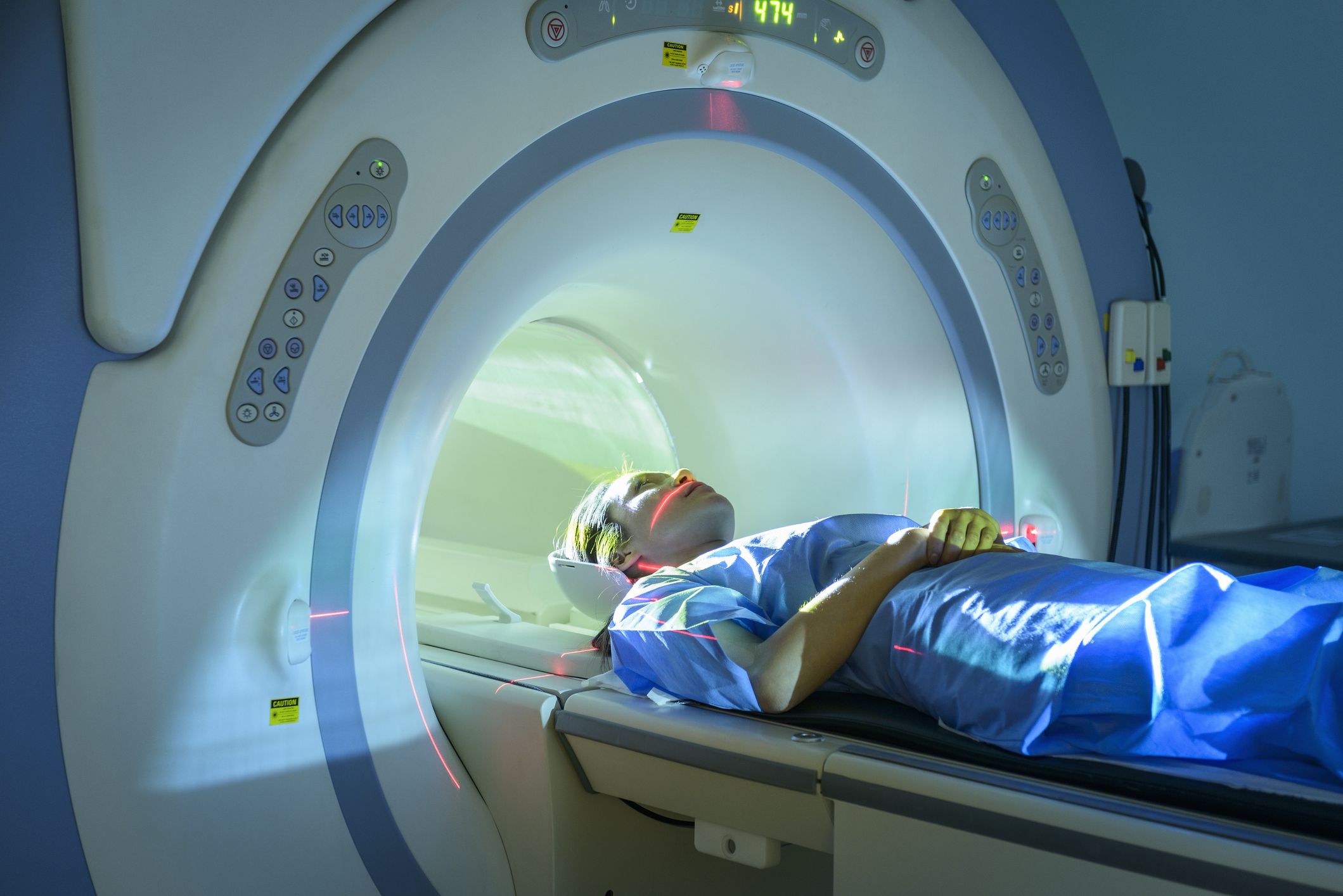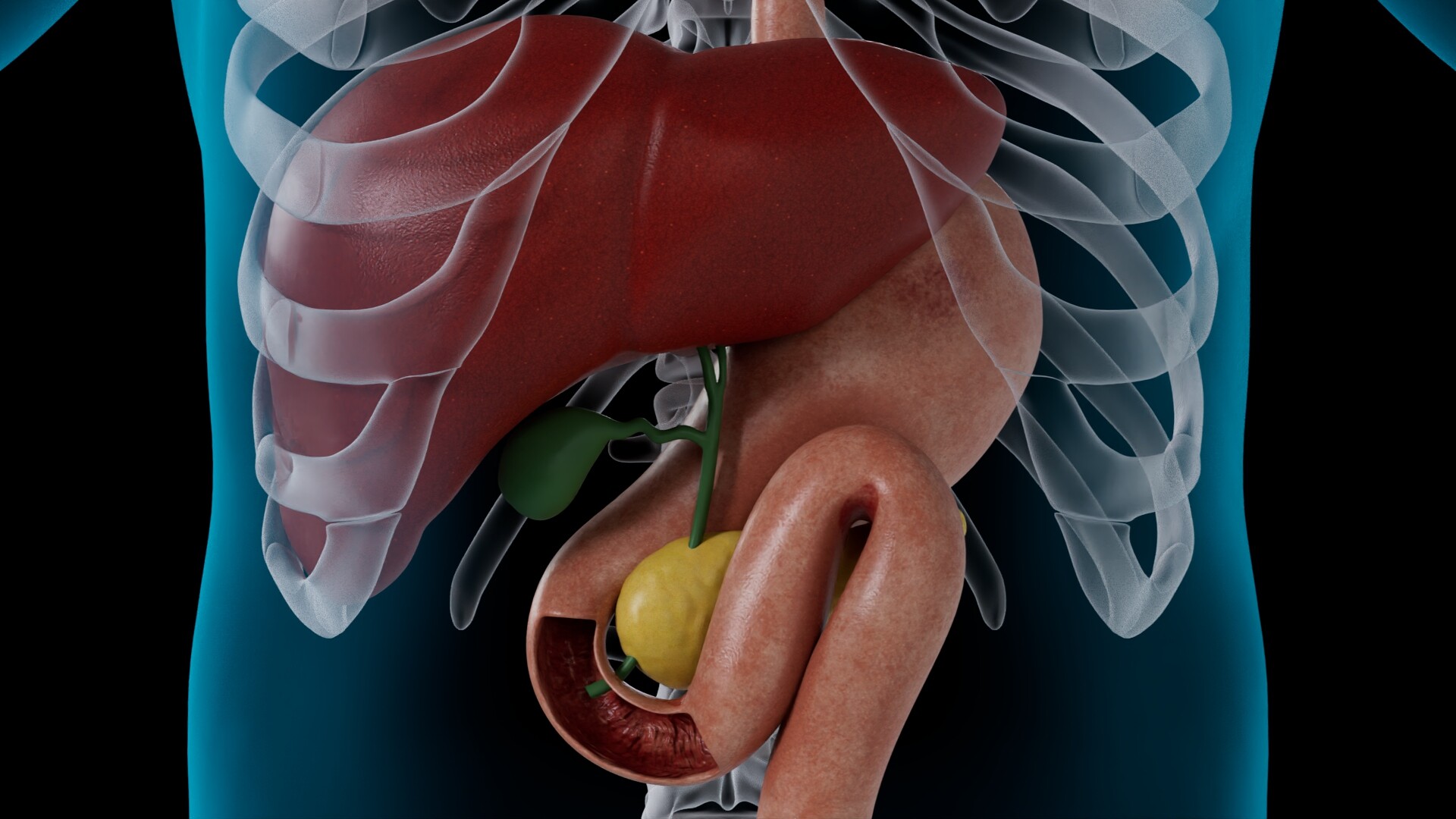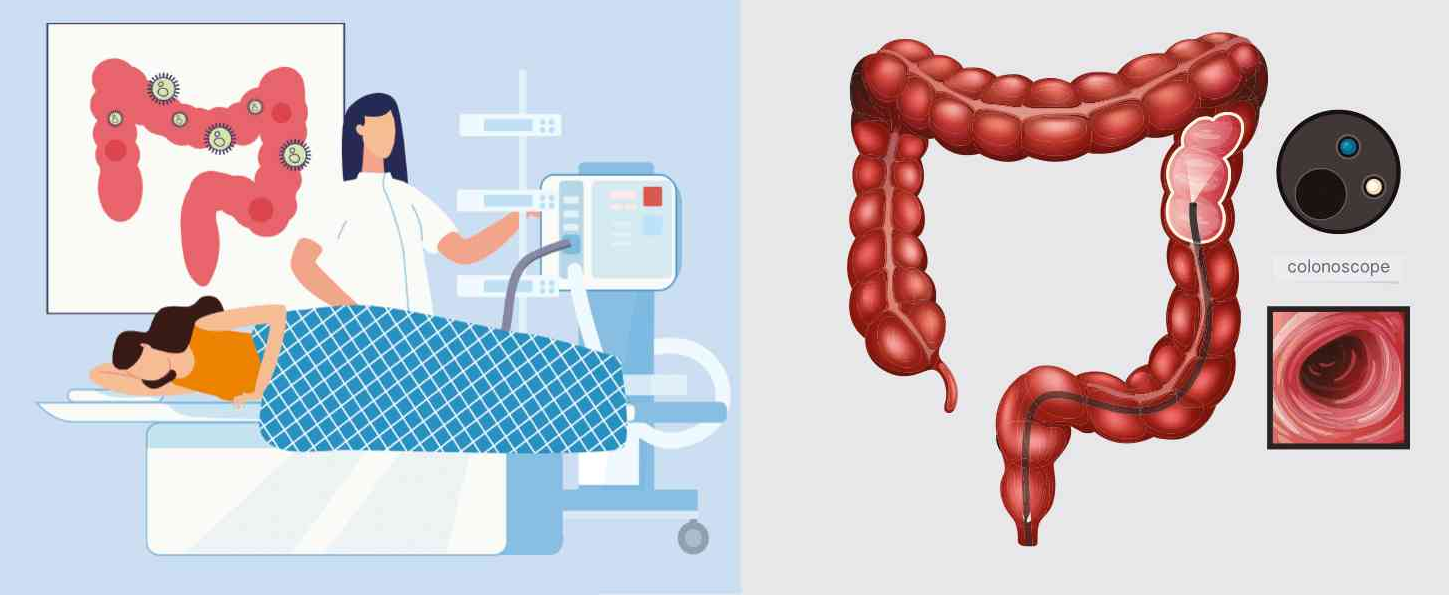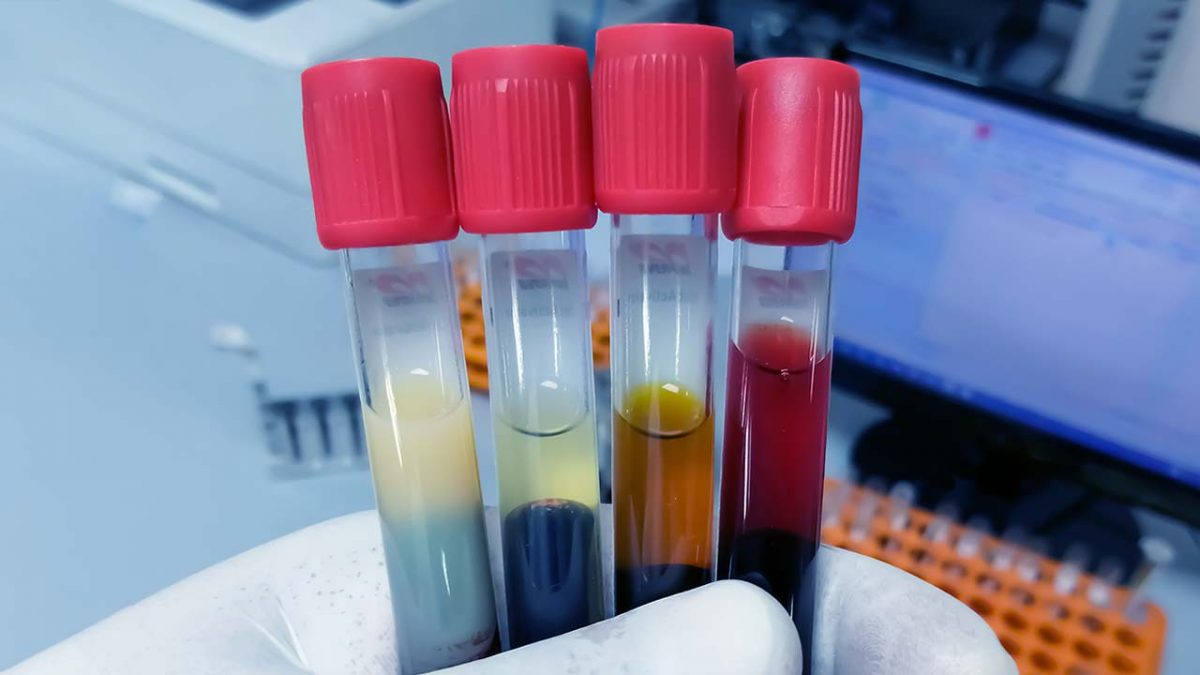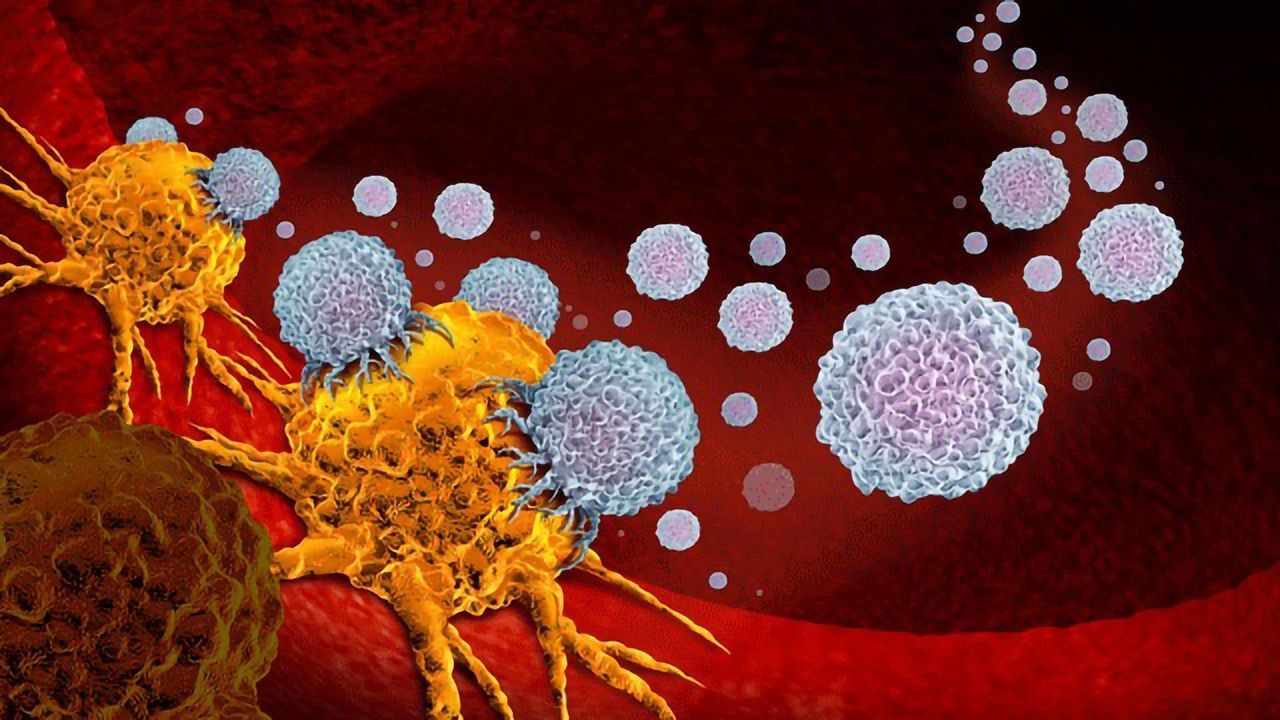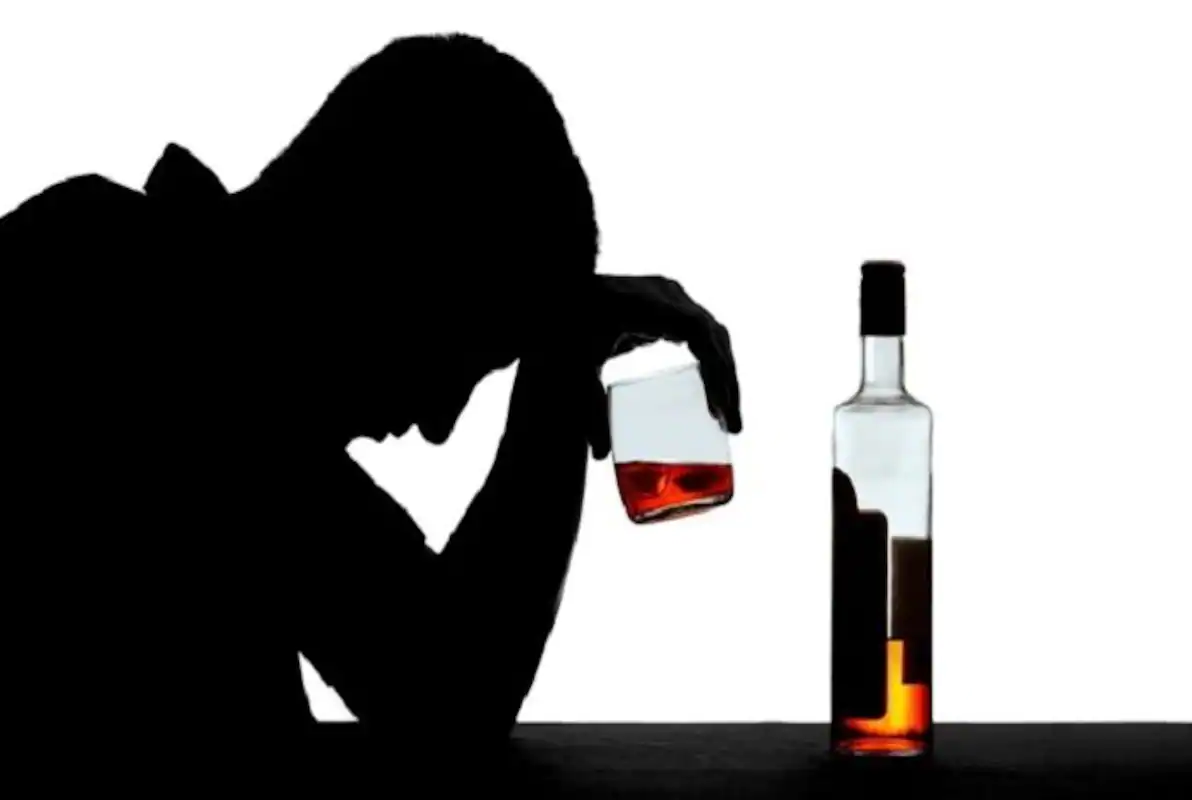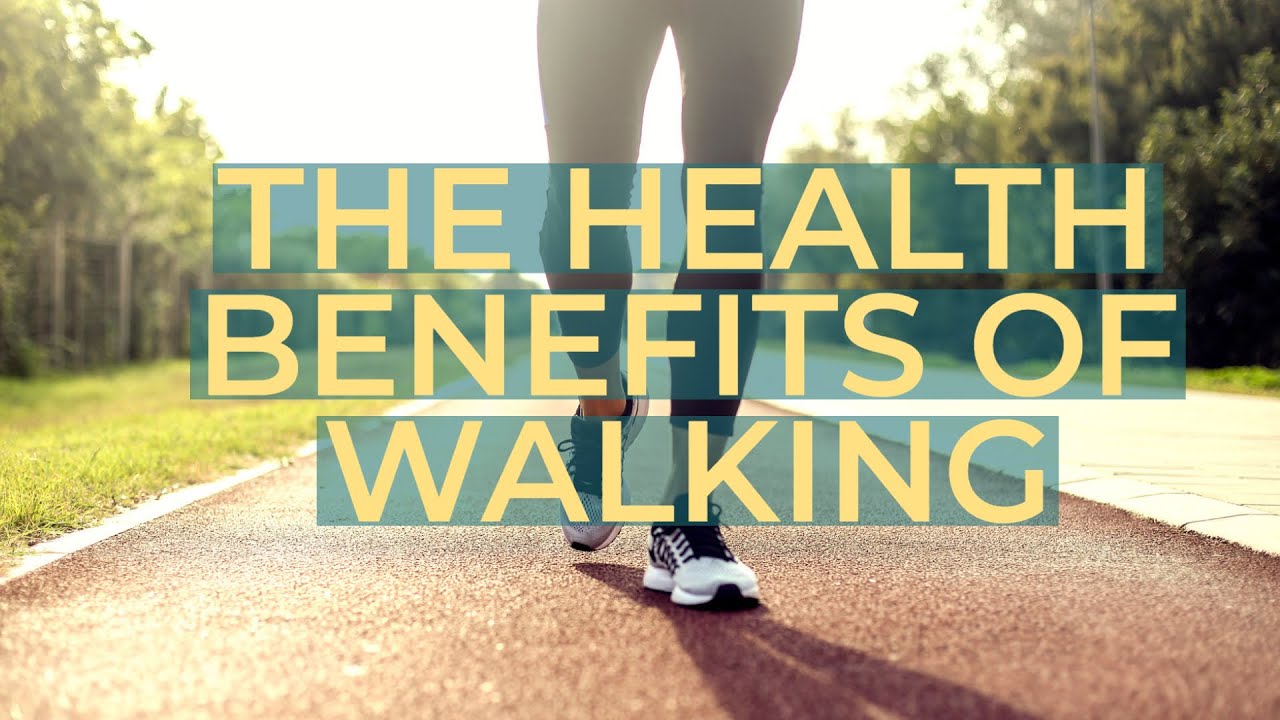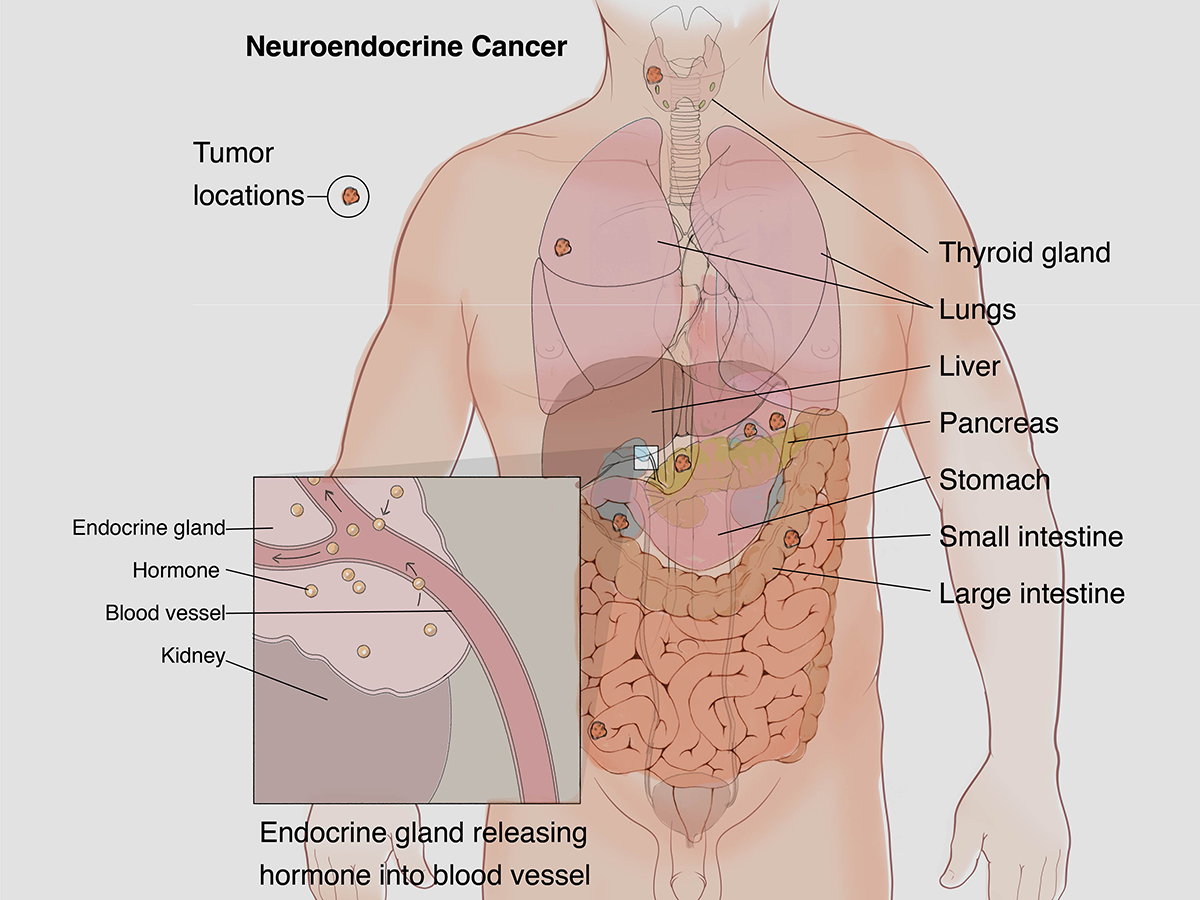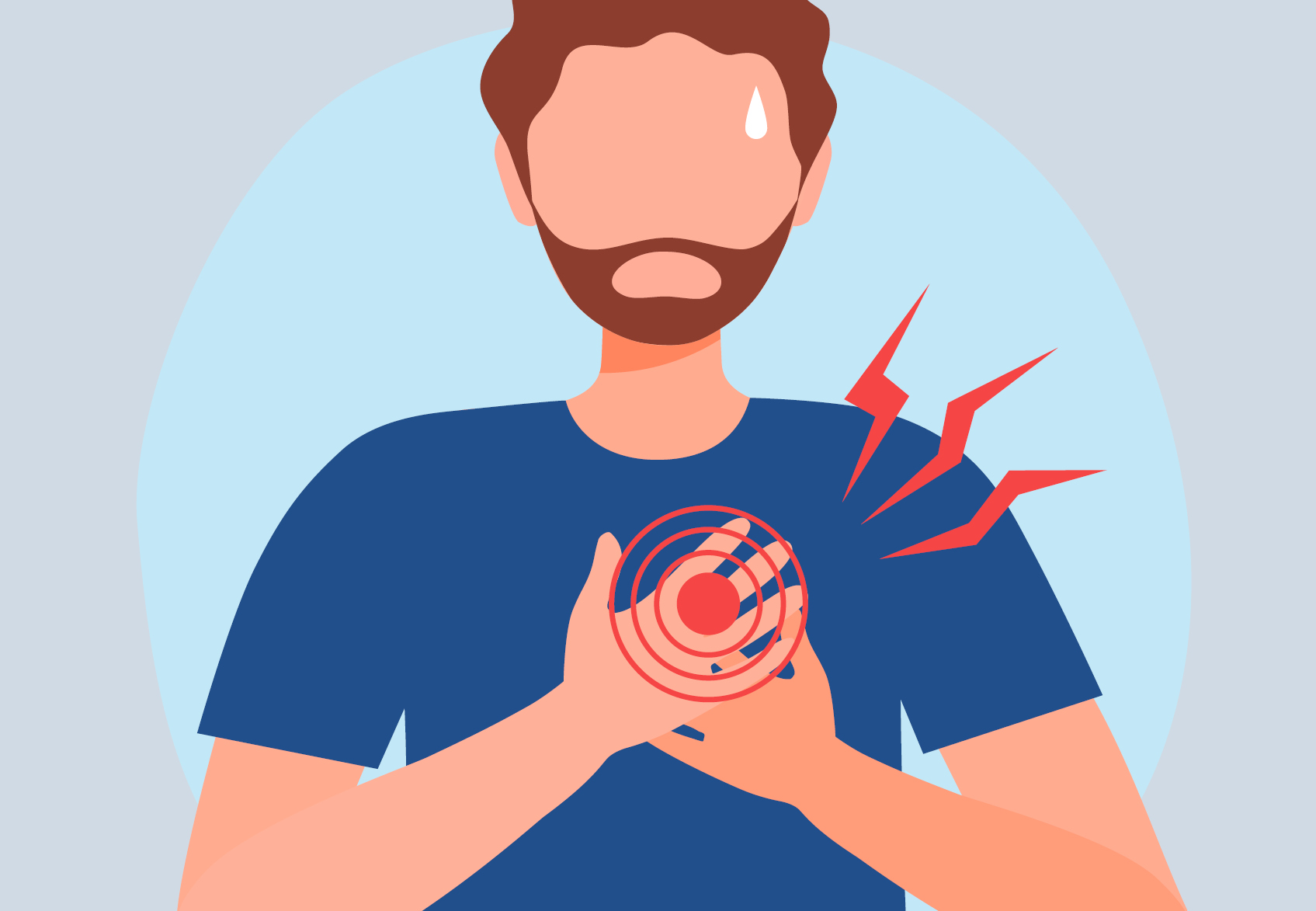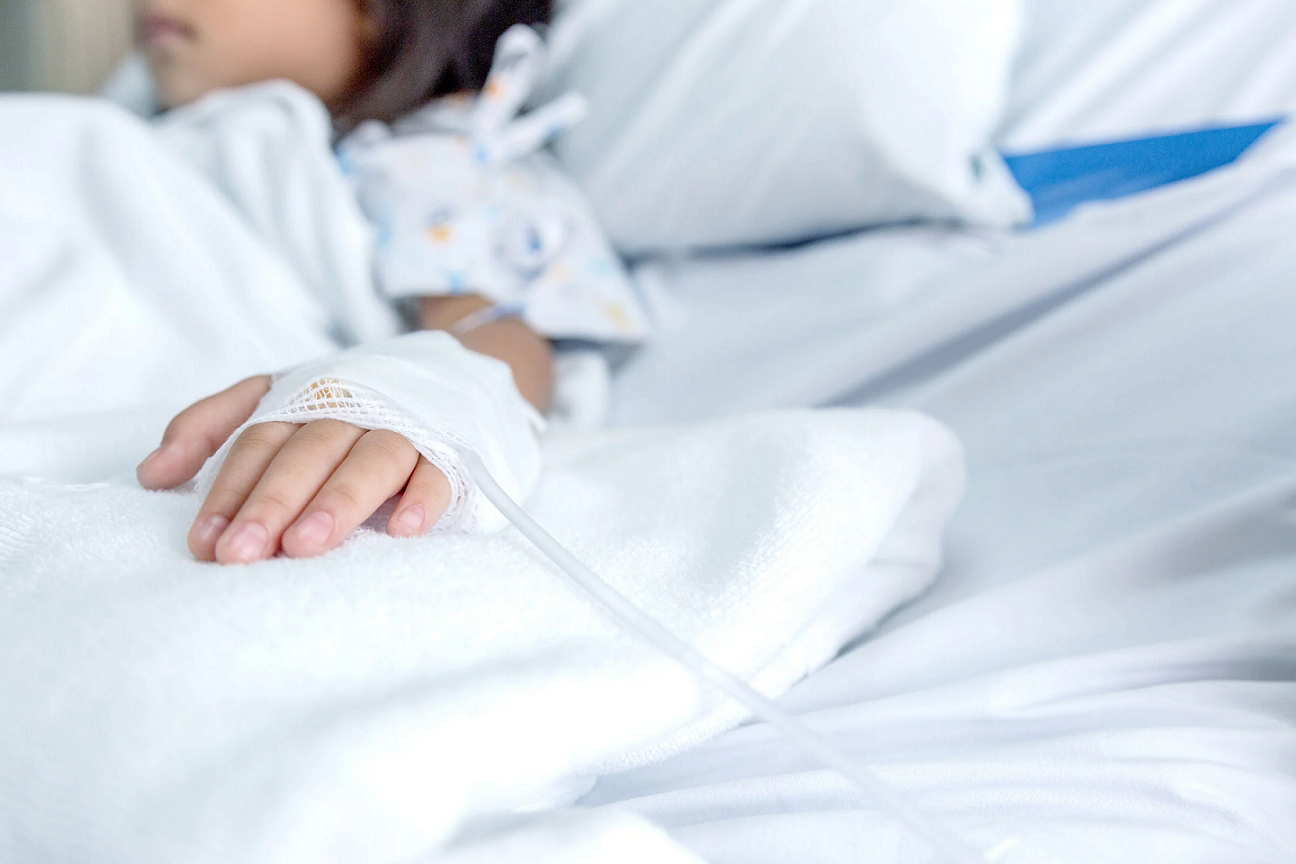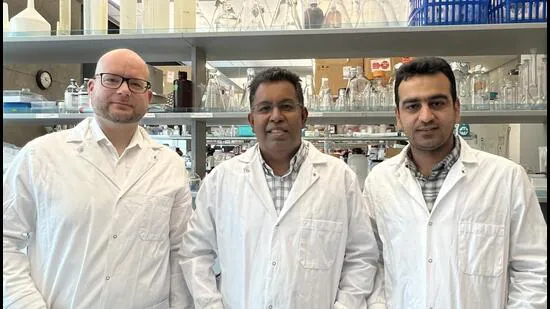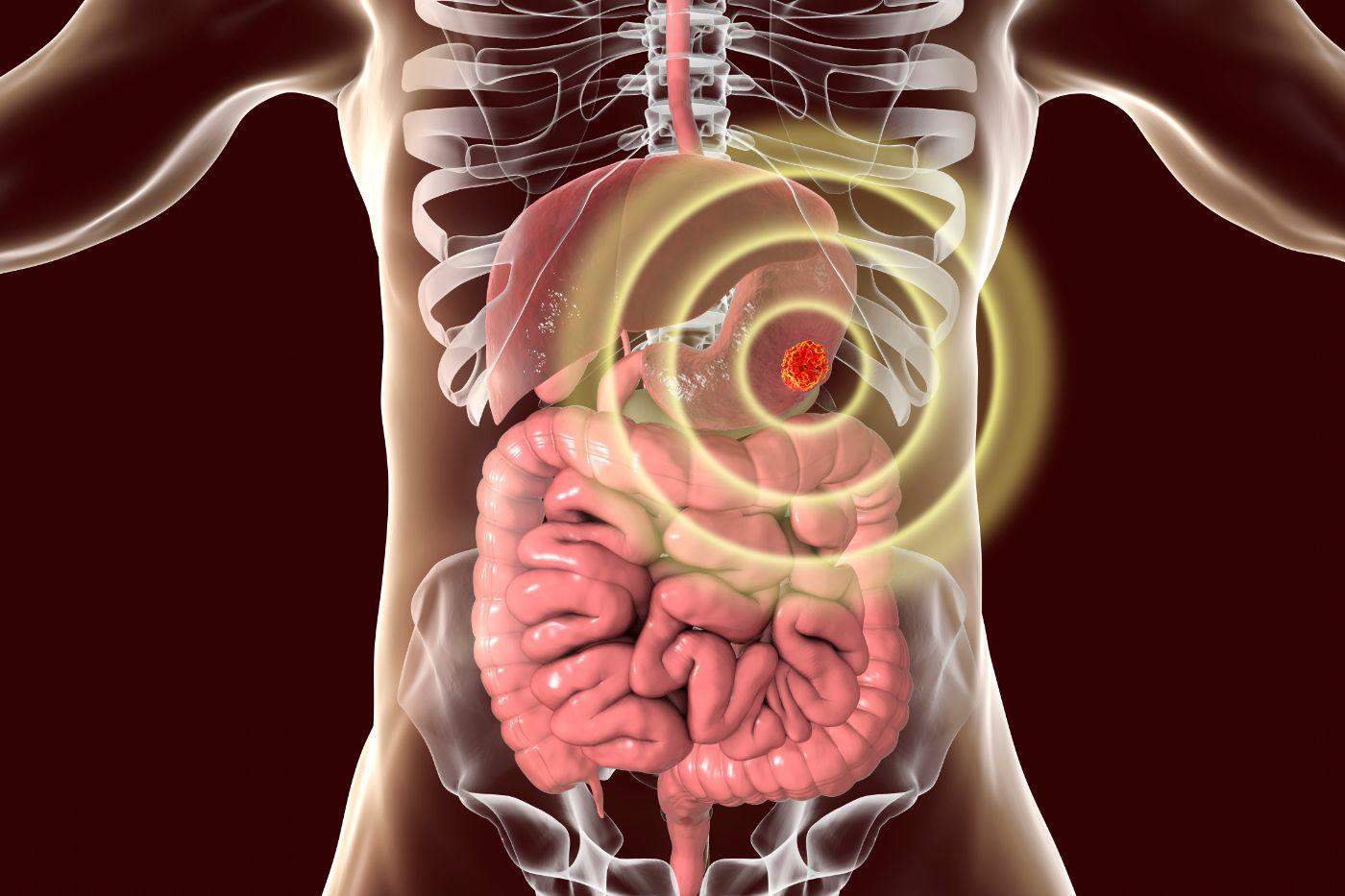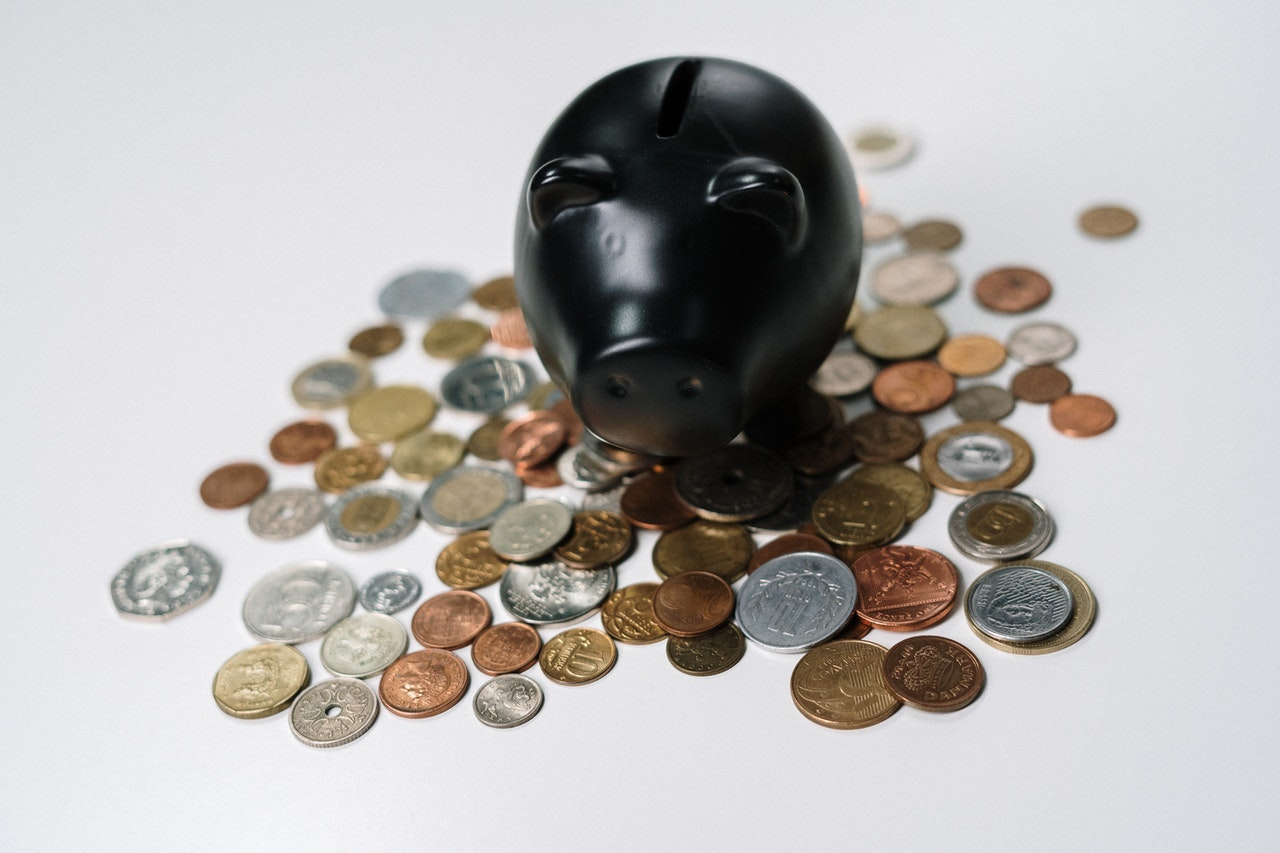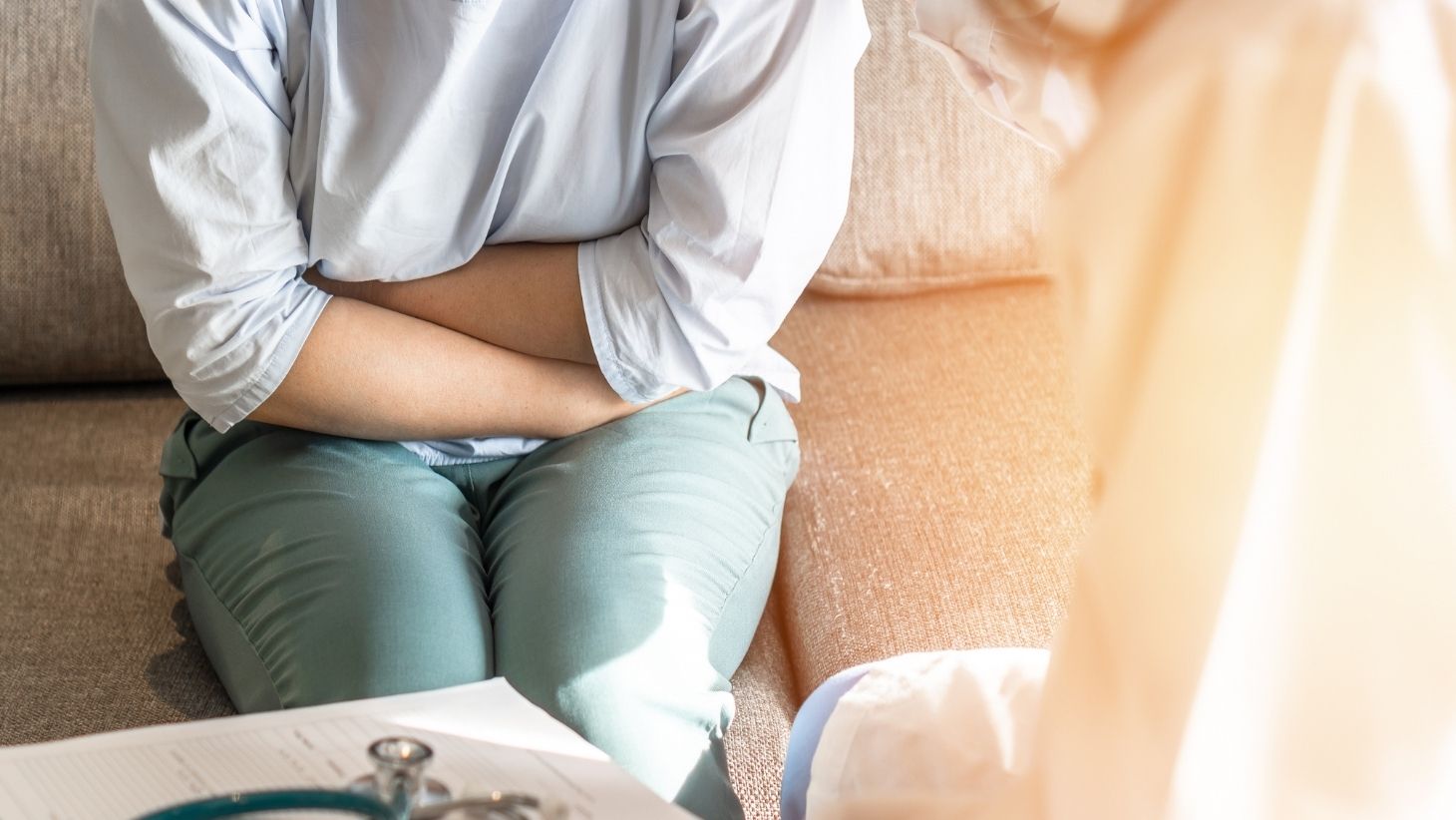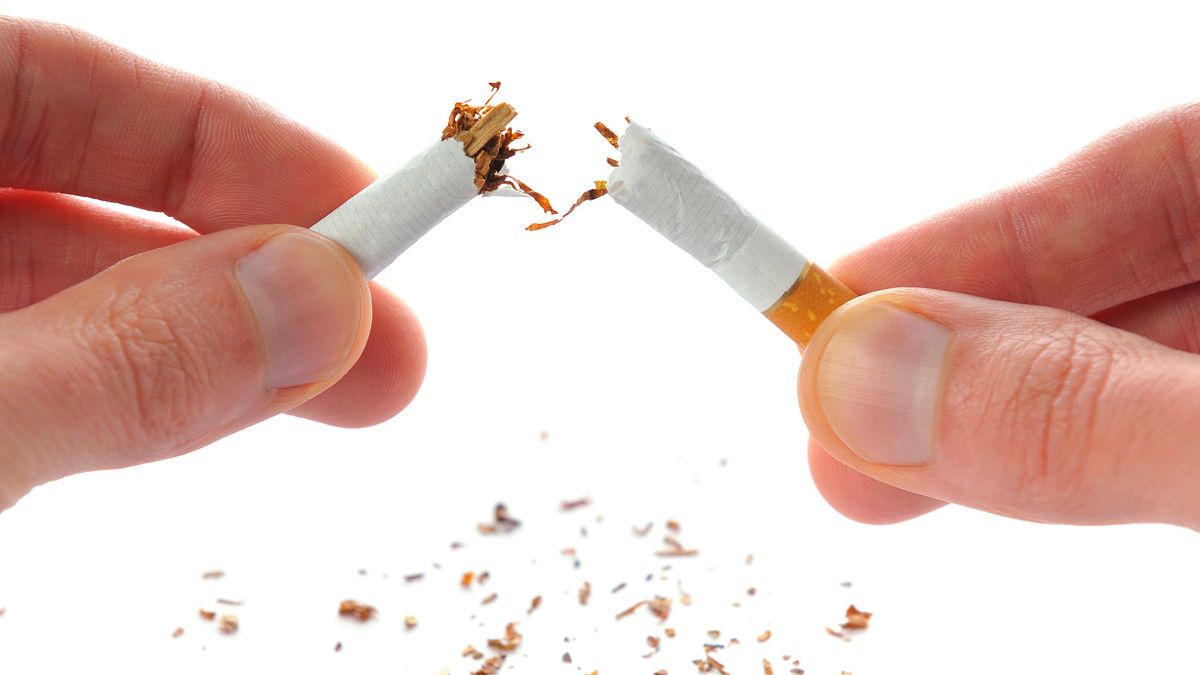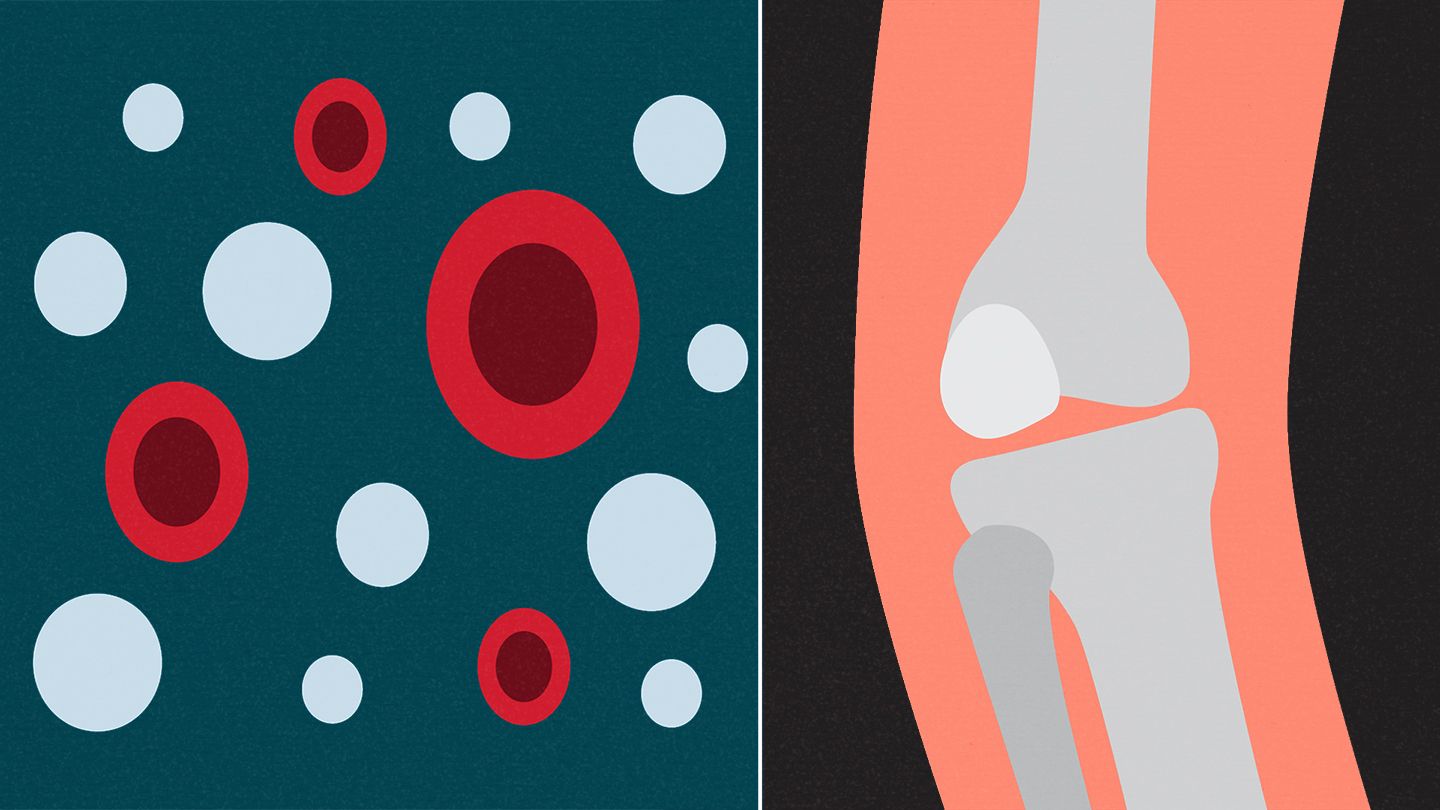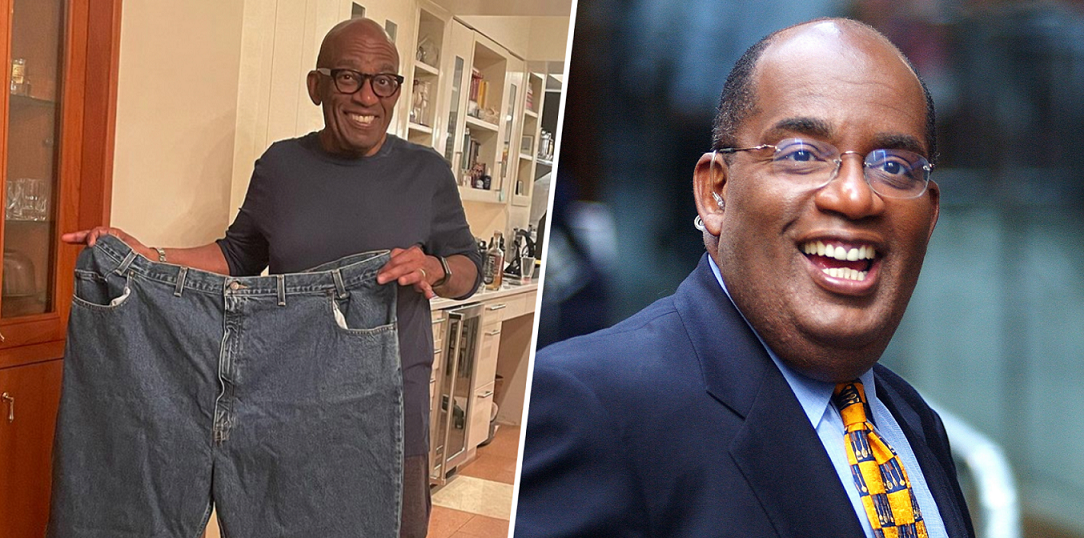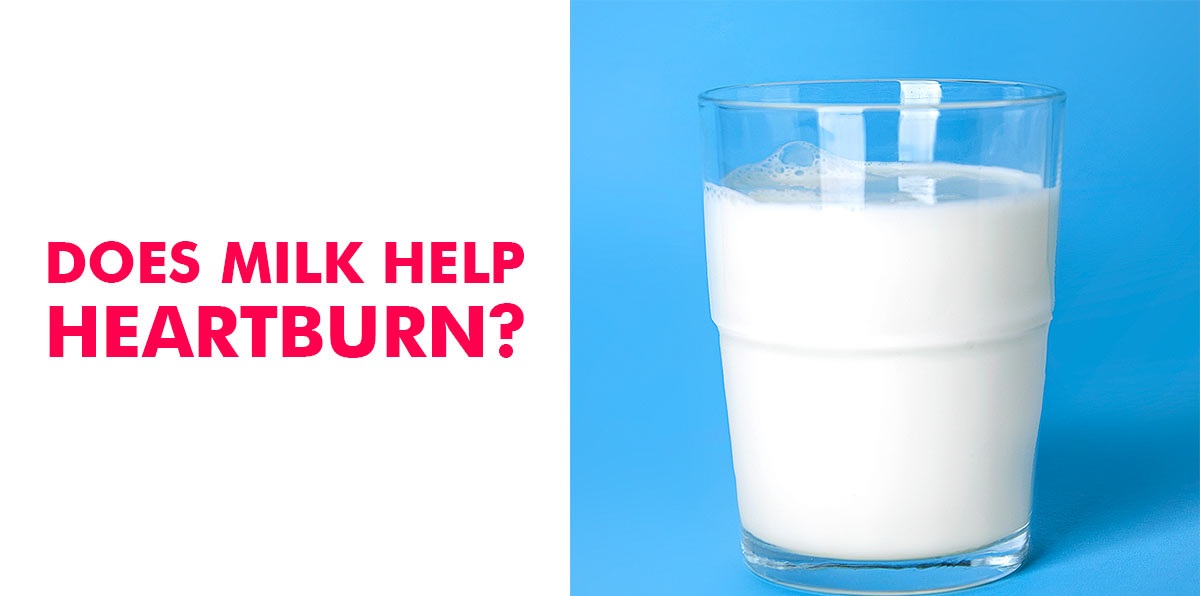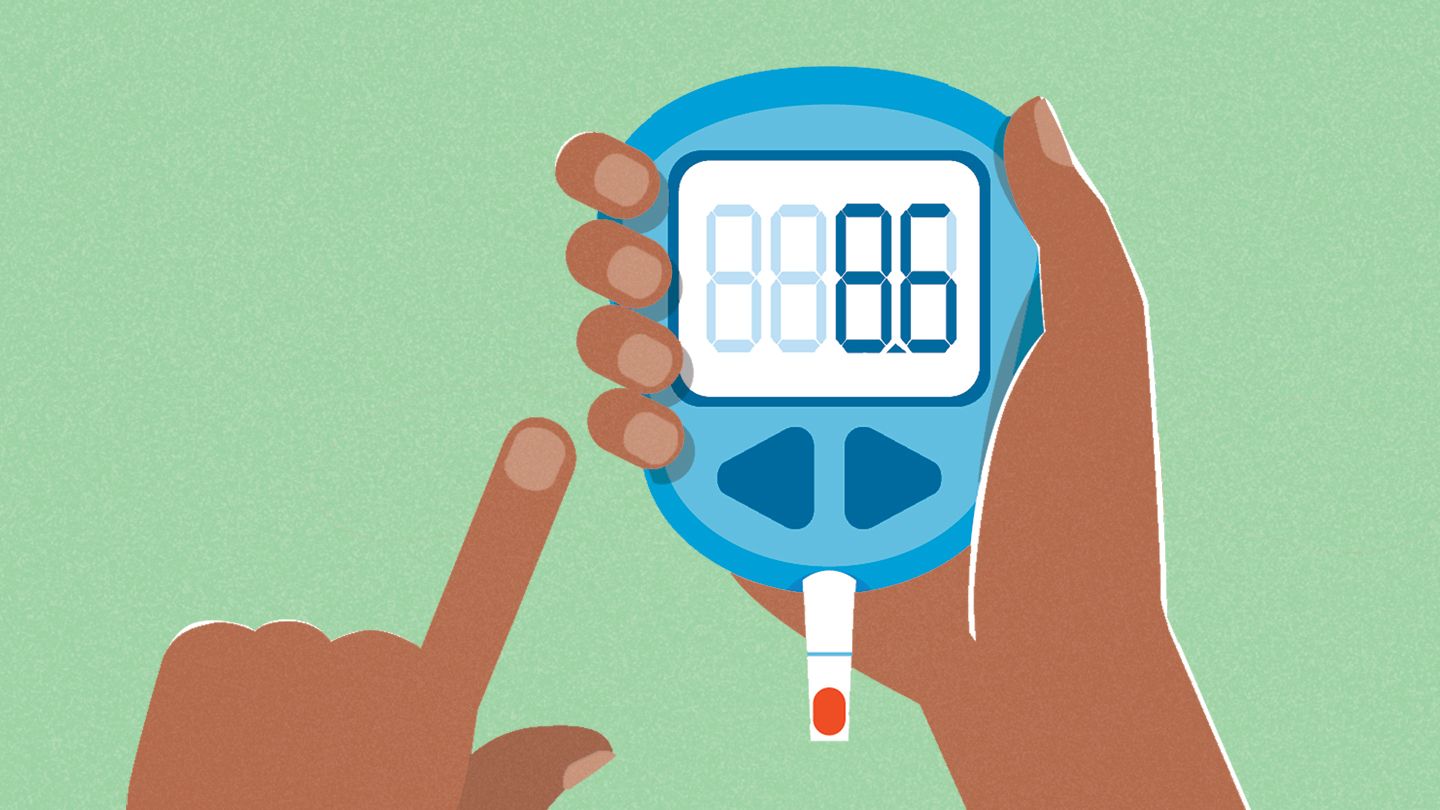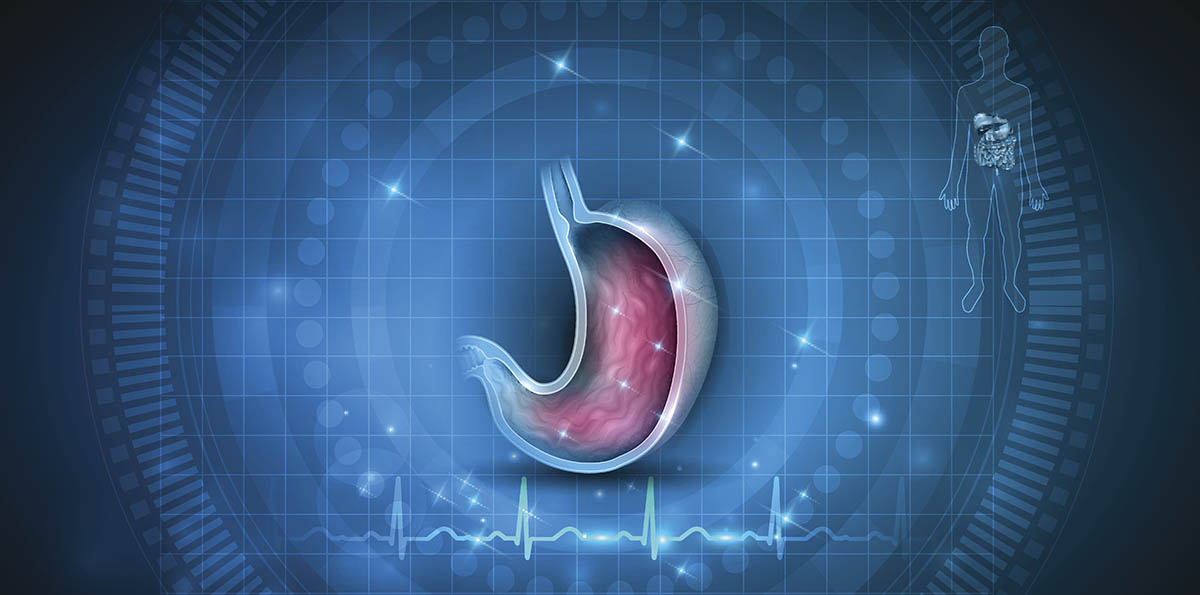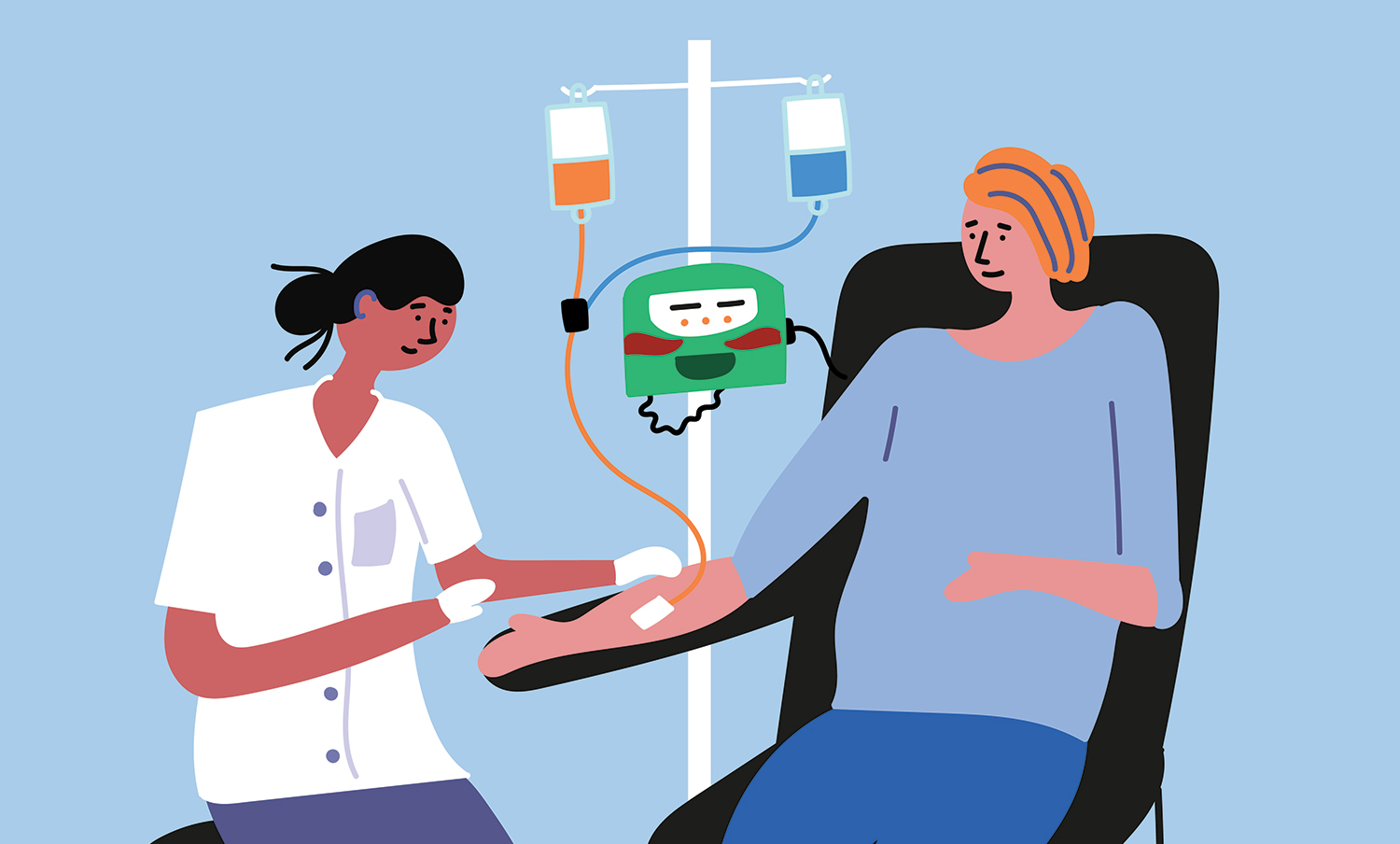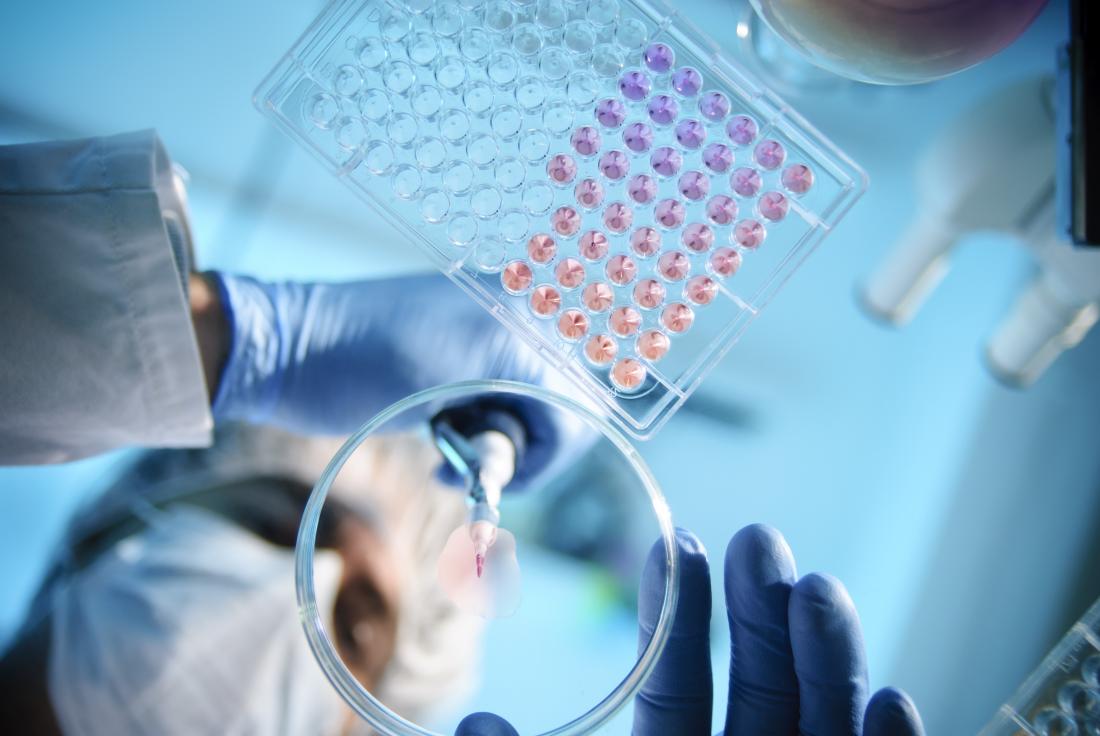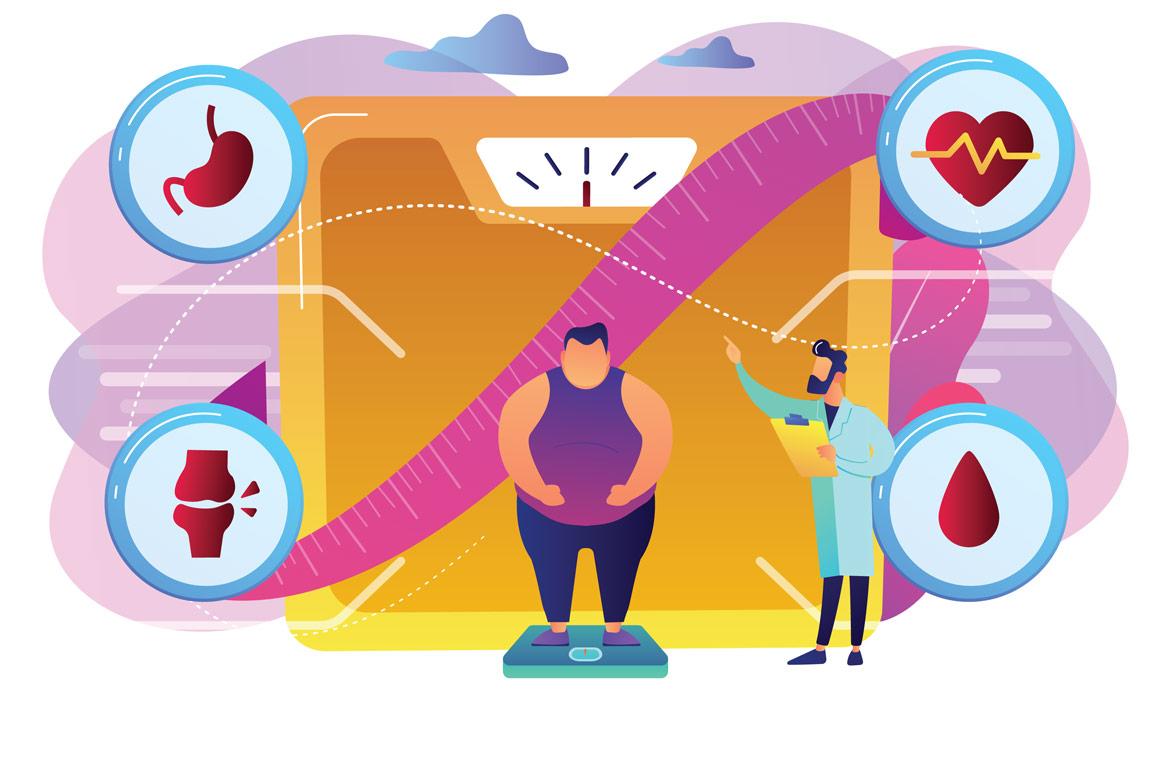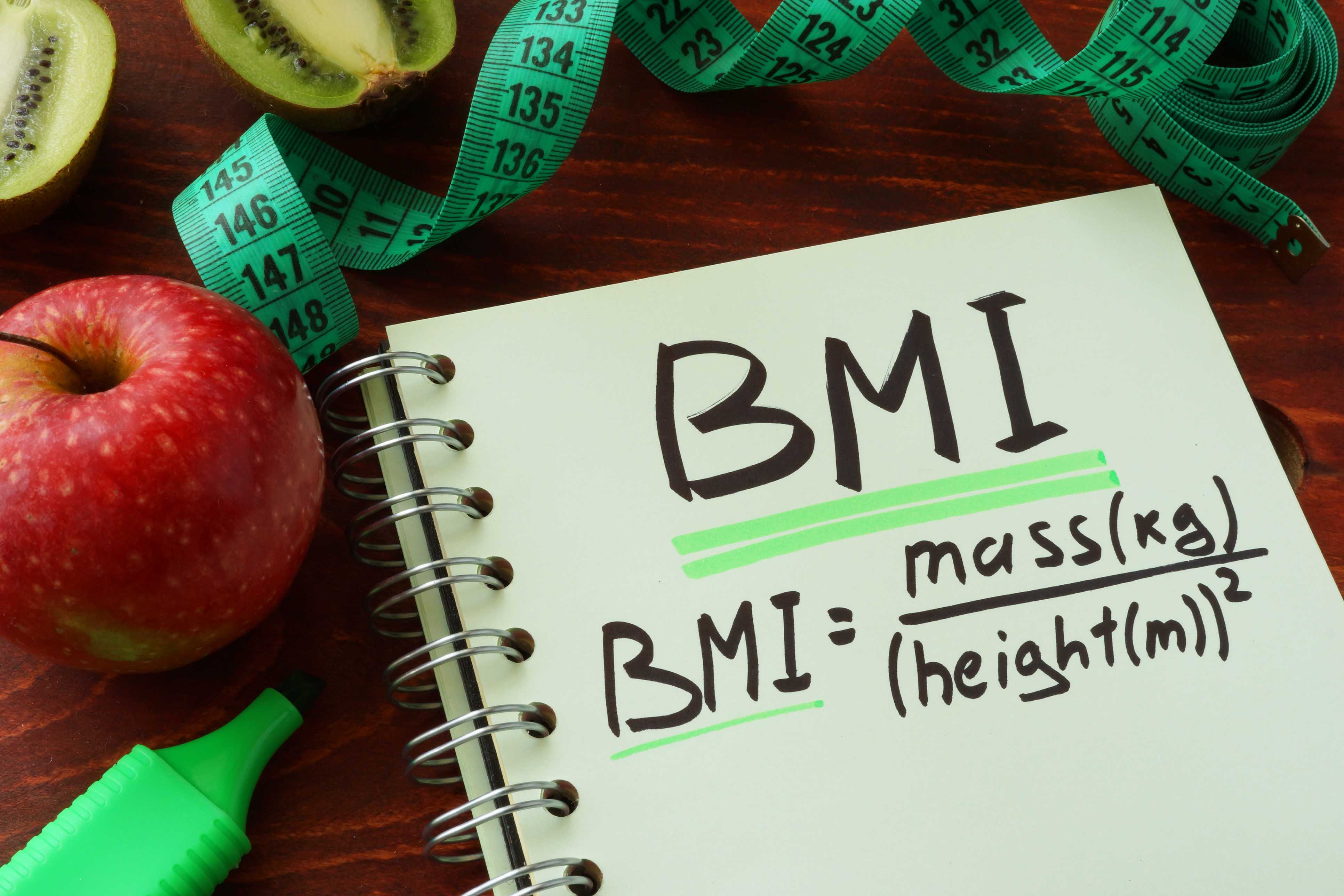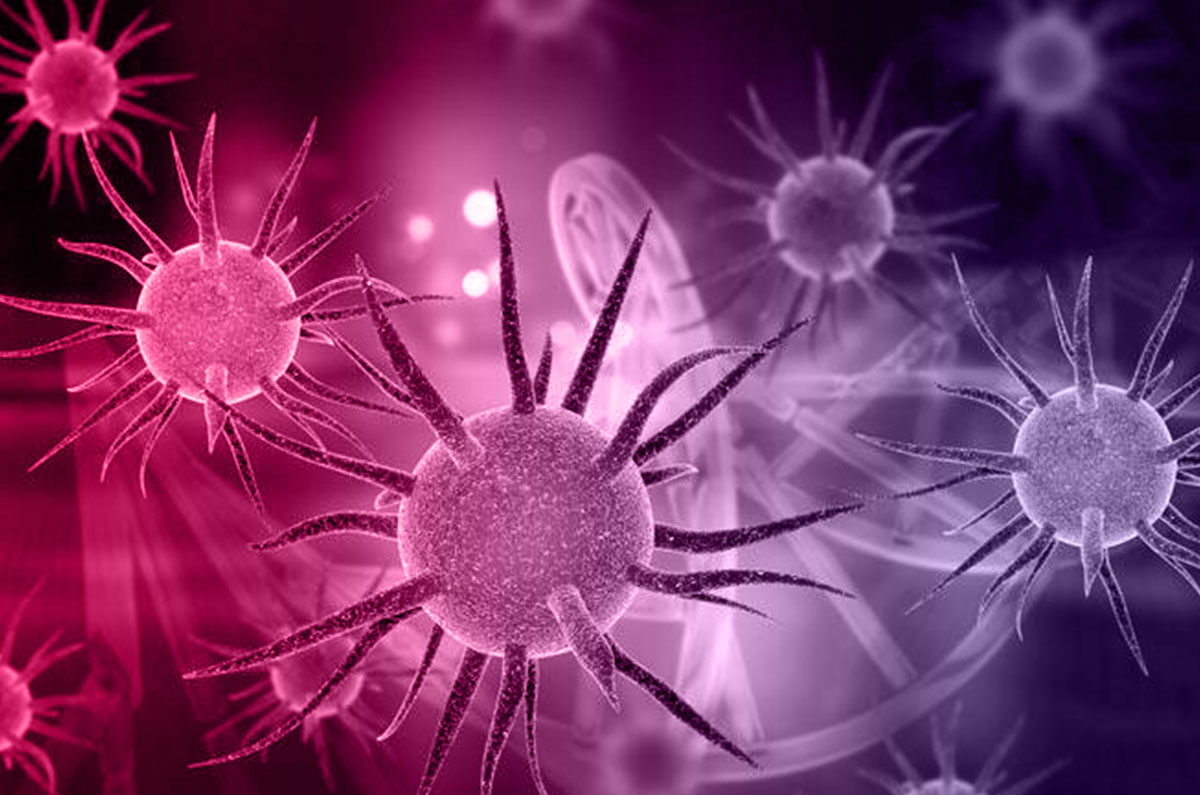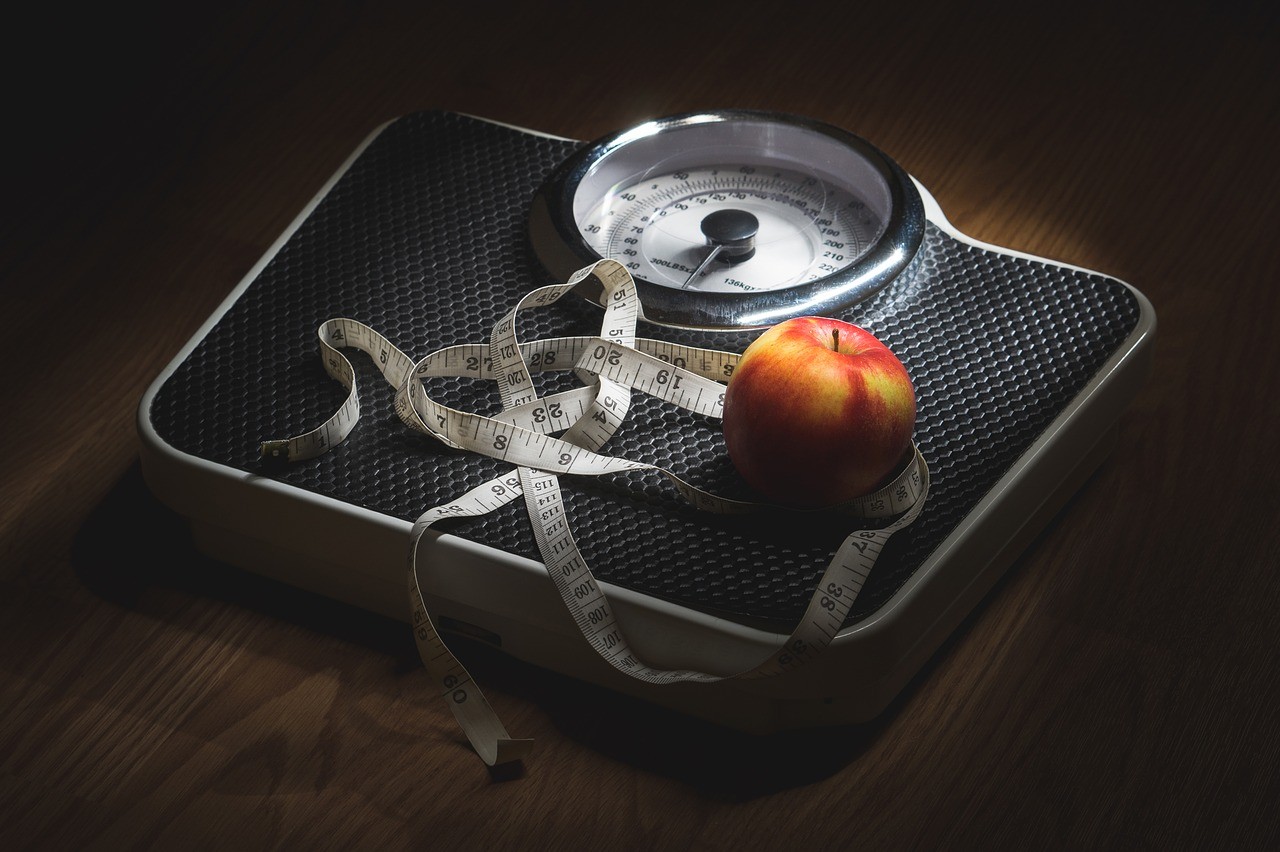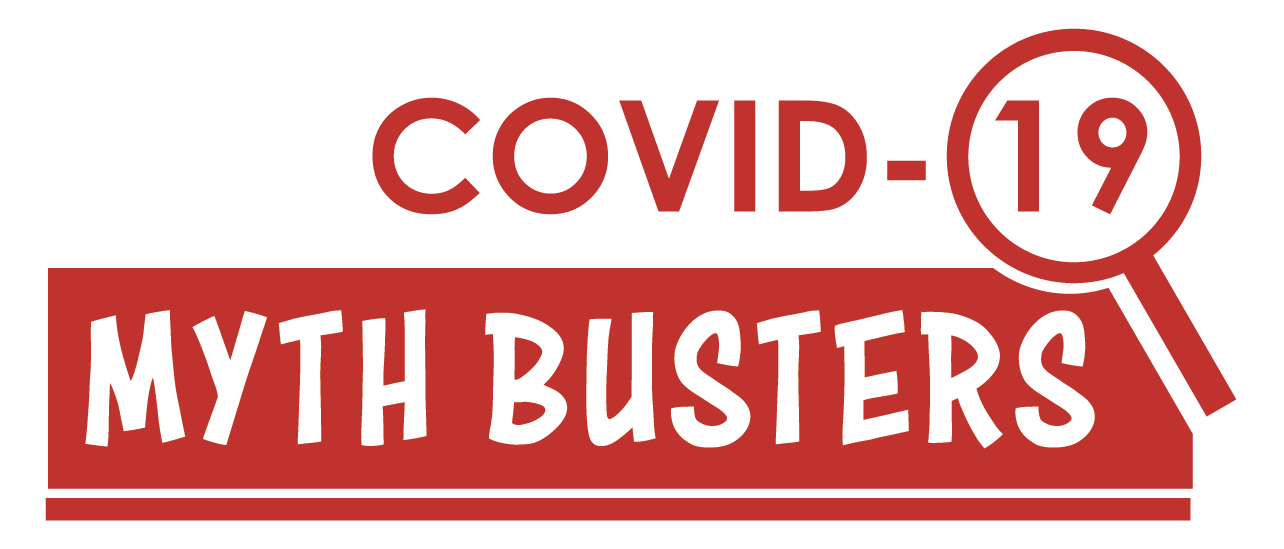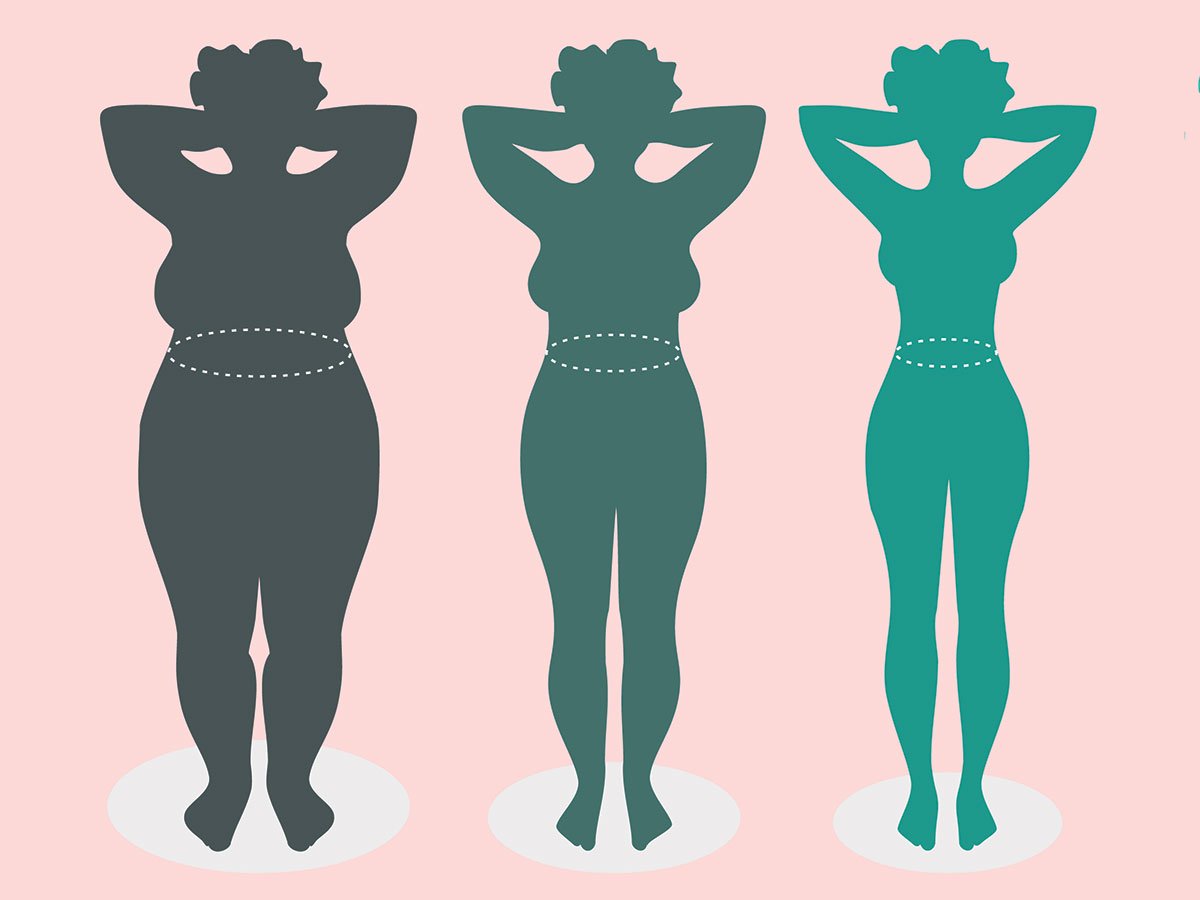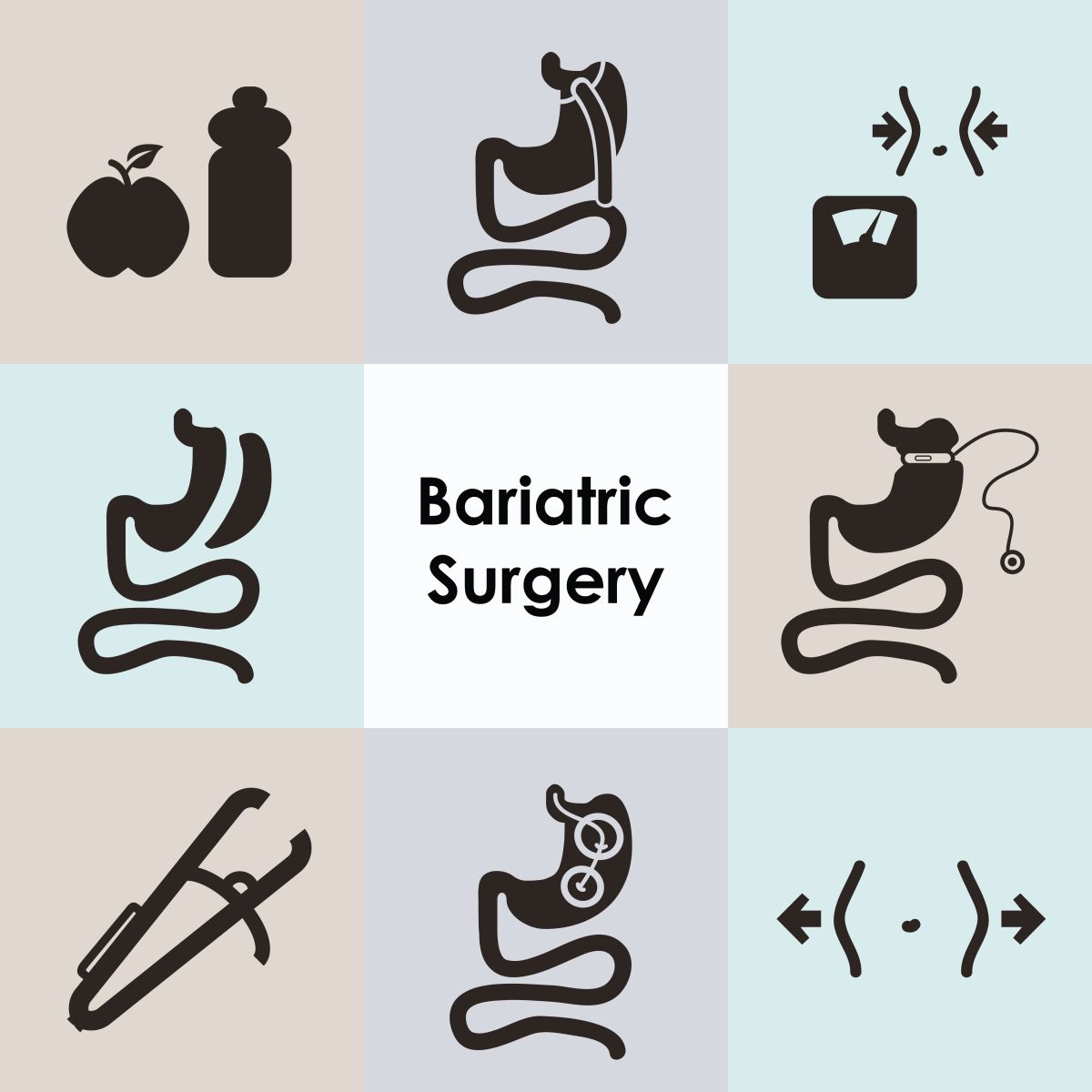MonkeyPox, Global Health Emergency, WHO Declaration, Monkeypox Symptoms, Monkeypox Cases
Monkeypox declared as 'Global Health Emergency' by WHO
With the alarming rise in the number of monkeypox cases across the globe, WHO has declared a global emergency meaning the monkeypox outbreak is an “extraordinary event” that could spill over into more countries and requires a coordinated global response.
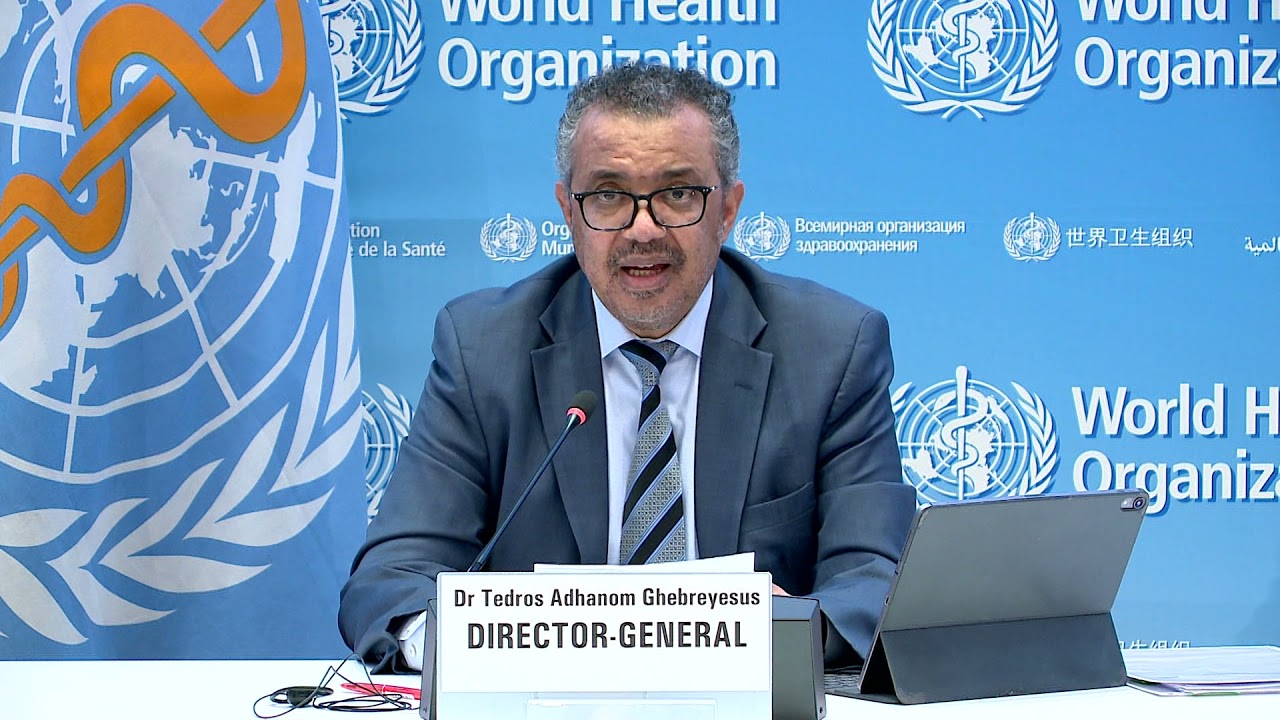
The World Health Organisation Saturday sounded its highest level of alarm for monkeypox, declaring it a ‘Public Health Emergency of International Concern’. The same declaration was used for Covid-19 in January 2020.
The threat level, however, is moderate for all regions across the world — barring Europe, where it is assessed to be high.
More than 16,000 monkeypox cases have been reported from 75 countries. India has reported four cases of the viral illness from Kerala and Delhi, with the Union Health Ministry issuing guidelines for its surveillance. Earlier this week, the ministry instructed port authorities to conduct strict screening of international travellers and coordinate with agencies such as immigration departments at international ports and airports to streamline health screening processes besides ensuring linkages with hospital facilities earmarked to each port of entry.
WHO Director-General Dr Tedros Adhanom Ghebreyesus, in a press conference Saturday, said: “WHO’s assessment is that the risk of monkeypox is moderate globally and in all regions, except in the European region where we assess the risk as high. There is also a clear risk of further international spread, although the risk of interference with international traffic remains low for the moment. So in short, we have an outbreak that has spread around the world rapidly, through new modes of transmission, about which we understand too little, and which meets the criteria in the International Health Regulations.”
LIVE: Media briefing on #monkeypox with @DrTedros https://t.co/2DkNE1eeoU
— World Health Organization (WHO) (@WHO) July 23, 2022
He added: “For all of these reasons, I have decided that the global monkeypox outbreak represents a public health emergency of international concern.”
Last month, 3,040 cases had been reported from 47 countries.
The Emergency Committee under International Health Regulations, which met Thursday to review the new numbers, did not, however, reach a consensus on announcing a public health emergency.
Yet, WHO made the declaration based on cases being reported from several countries, the meeting of the three criteria for such a declaration (a situation that is serious, sudden, unusual, or unexpected; carries public health implication beyond the border of affected state; and may require immediate international action), and the risk to human health, international spread, and the potential for interference with international traffic.
Five people have died of the infection so far.
This is the seventh time the highest alarm level is being used since 2009. These are the earlier instances: H1N1 pandemic (2009), increasing polio cases (2014), Ebola outbreak in Western Africa (2014), Zika virus epidemic (2015-16), Kivu Ebola epidemic in Democratic Republic of Congo (2018-20), and Covid-19.
Monkeypox is a viral infection that is mainly transmitted from animals to humans, previously with limited transmission among humans as the smallpox vaccine used for the eradication of the disease also protected against monkeypox. The first human case was reported in 1970 in Democratic Republic of the Congo and subsequently became endemic to several West and Central African countries.
Monkeypox spreads from person to person through close contact with someone who has a monkeypox rash, but now scientists are also looking at whether the disease is sexually transmitted with cases being diagnosed among men who have sex with men.
The most common symptoms of monkeypox include fever, headache, muscle aches, back pain, low energy, and swollen lymph nodes, along with pox rashes that last for two to three weeks. It is a self-limiting disease, but can lead to death especially in children and those with weak immune systems. Complications of the infection include pneumonia, secondary skin infections, confusion, and eye problems.
Dr Rosamund Lewis, WHO’s lead expert on monkeypox, at the press conference said that the transmission patterns of the infection has been changing over the years with longer chains of transmission emerging. She said, “The hypothesis is – and this remains to be confirmed – as the virus moved into the post-Covid world where people were able to travel again, it established itself in a group that has frequent social gatherings and also have frequent events involving intimate physical and sexual contacts, and sometimes sexual contact with multiple partners over a period of a few days or a few weeks.” Adding, this is also traditionally a population with proactive health seeking behaviour.

